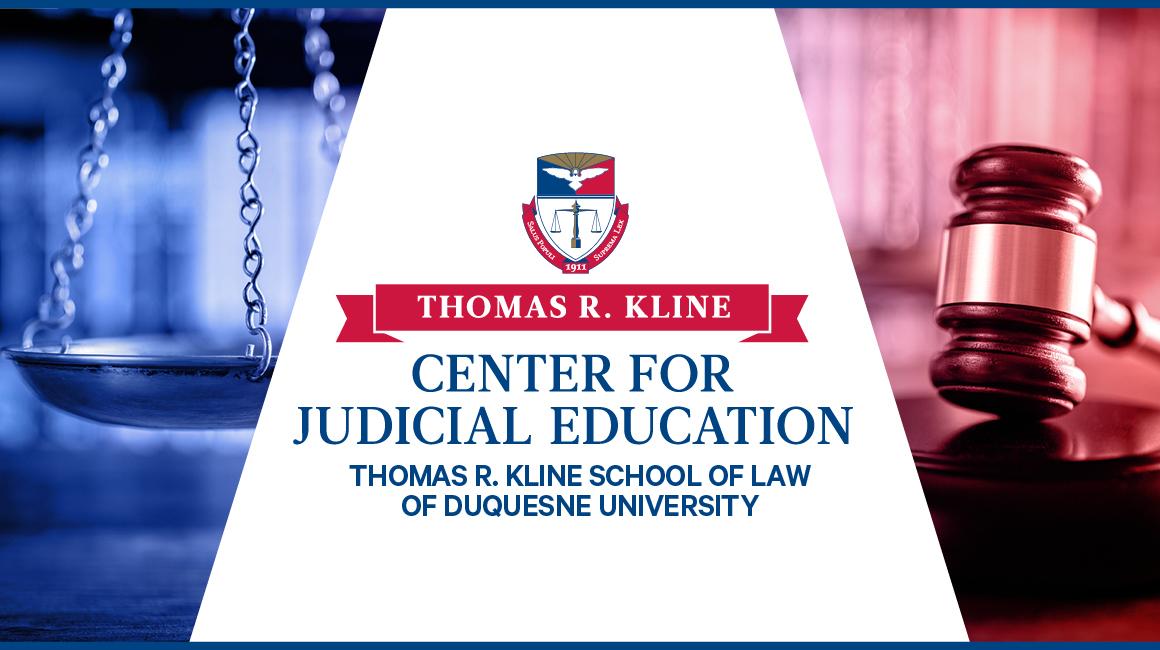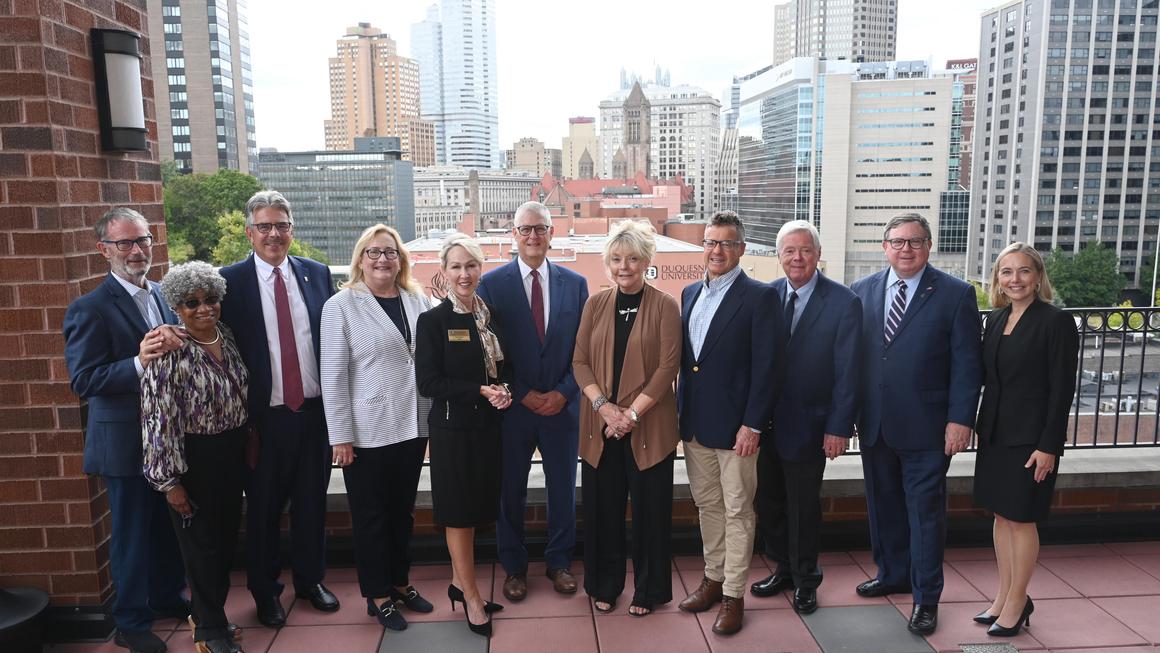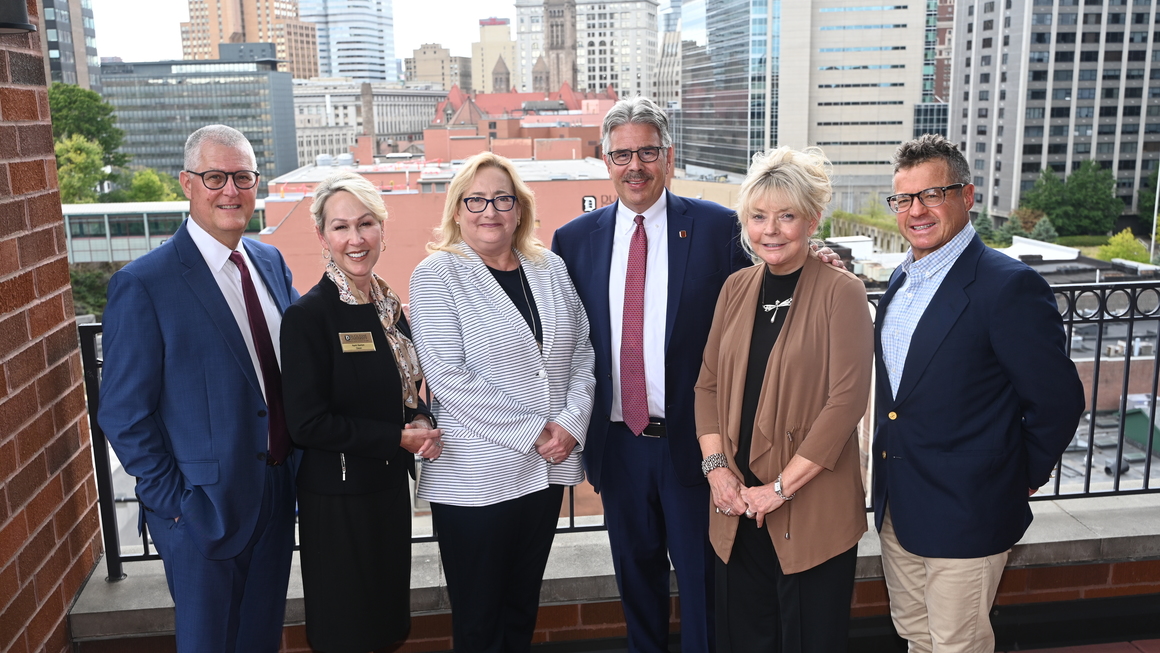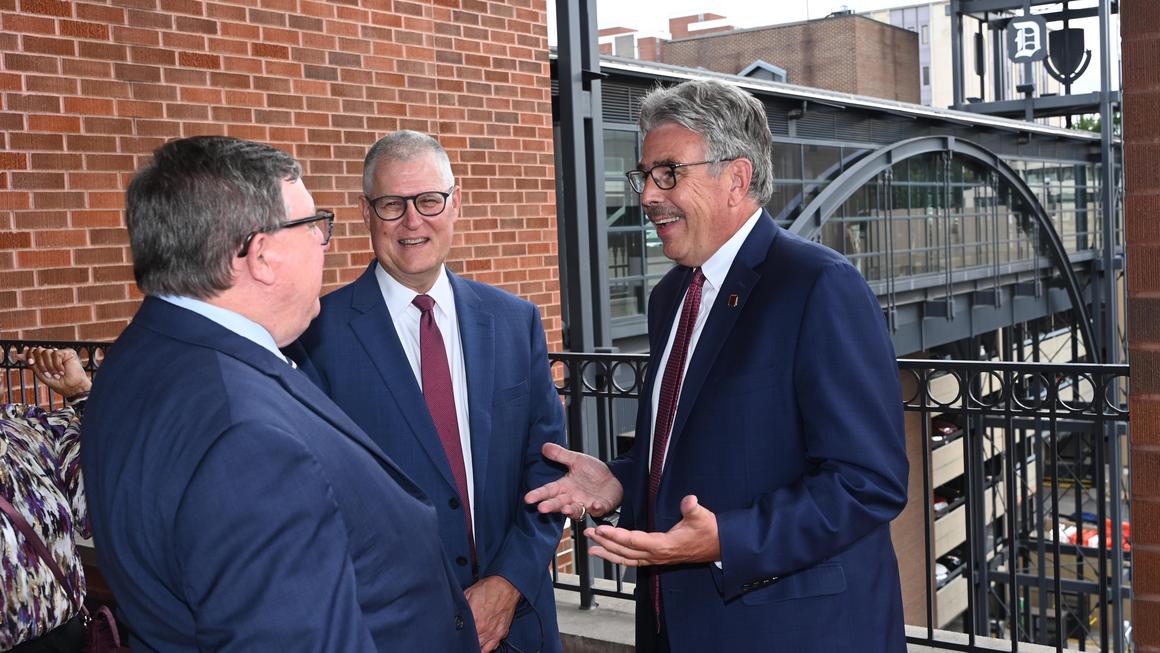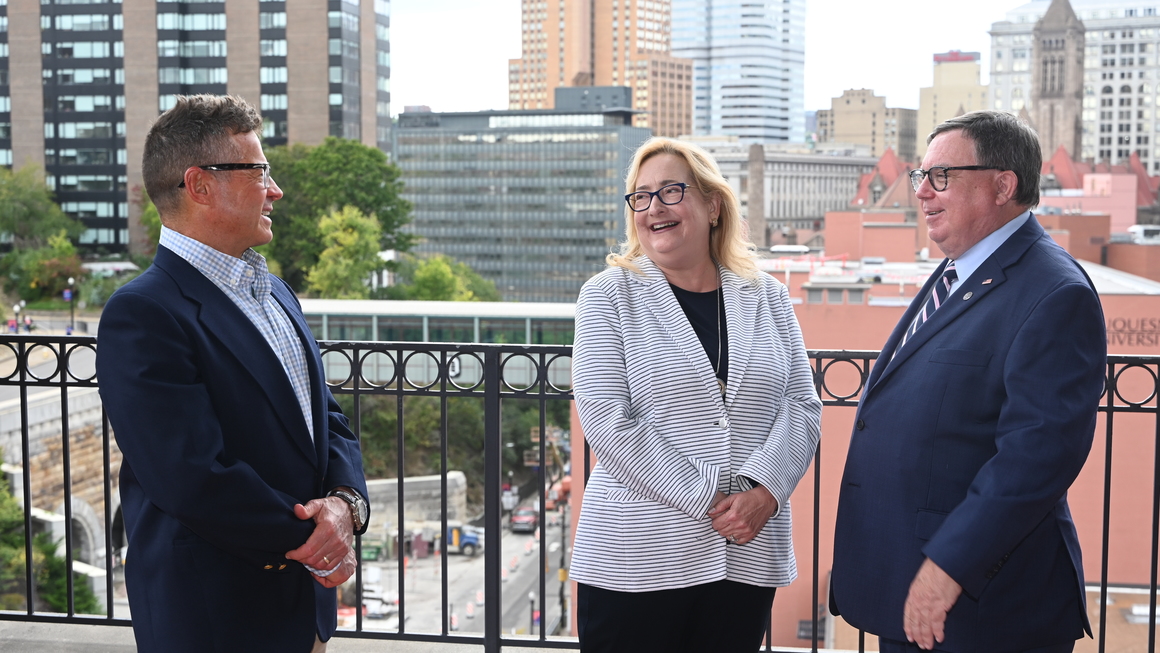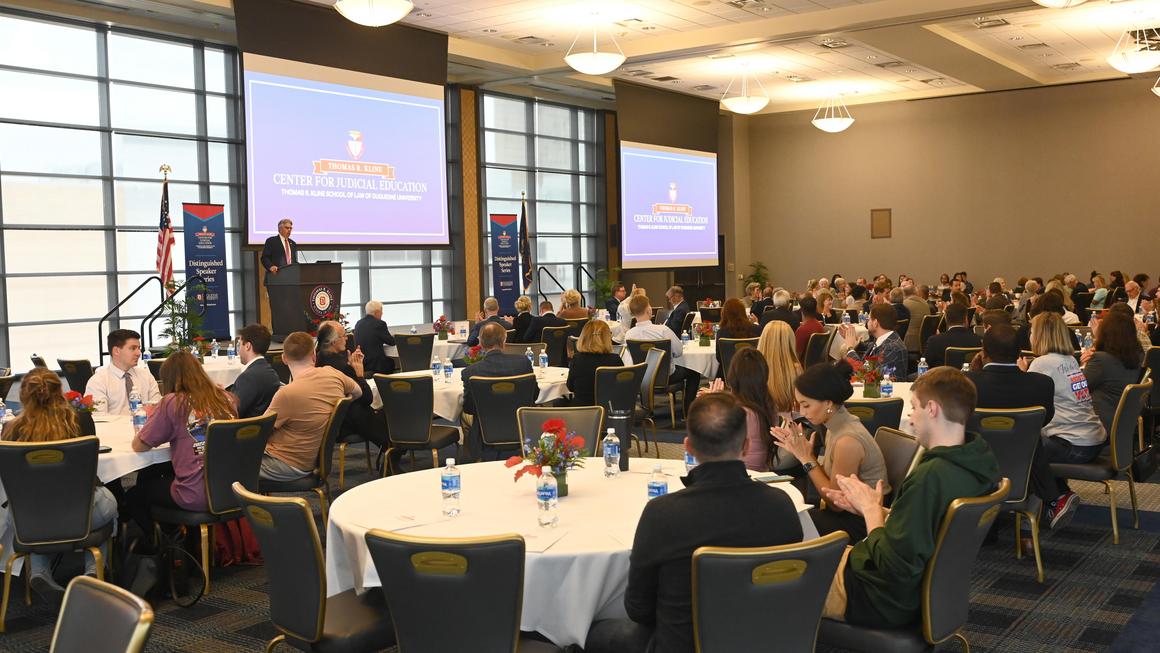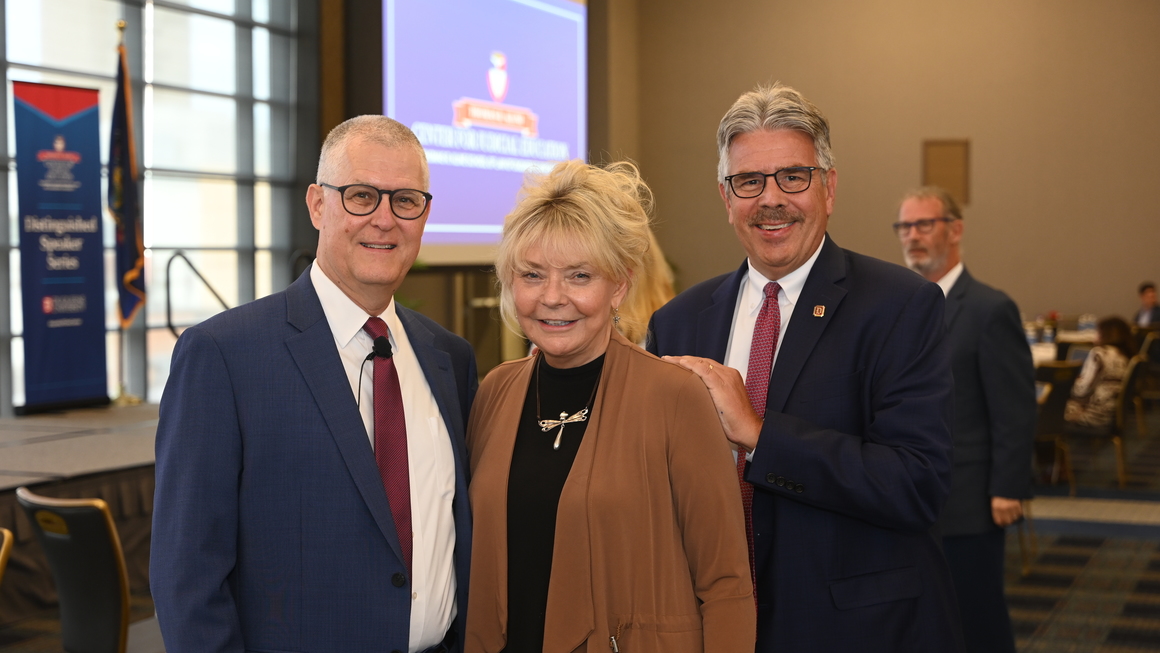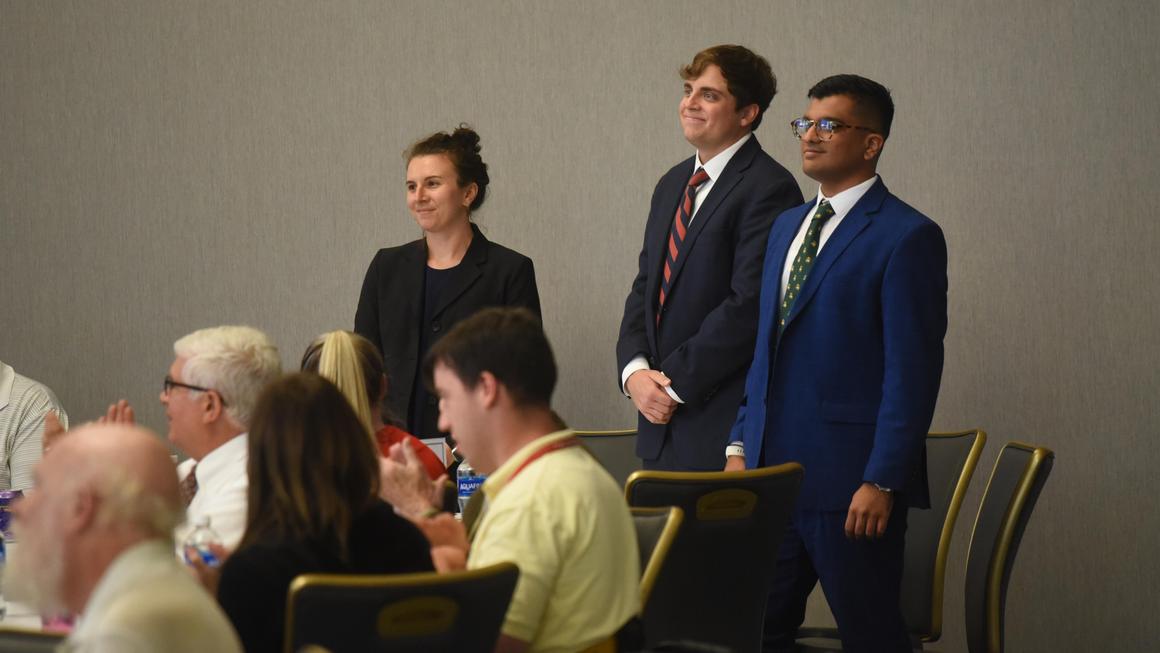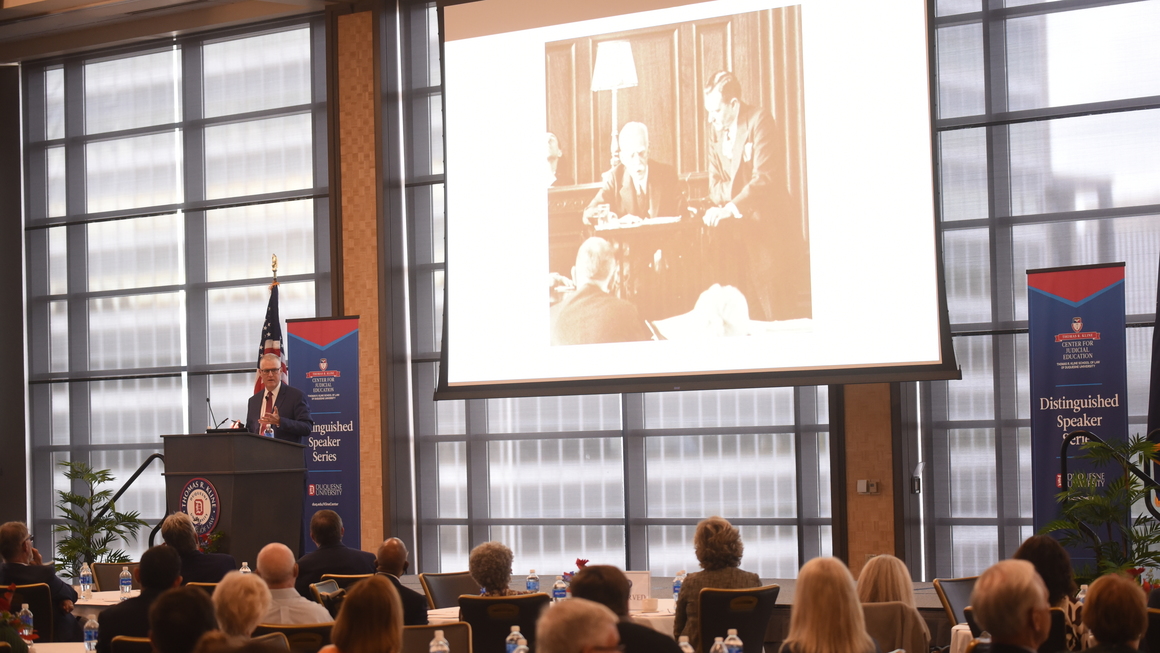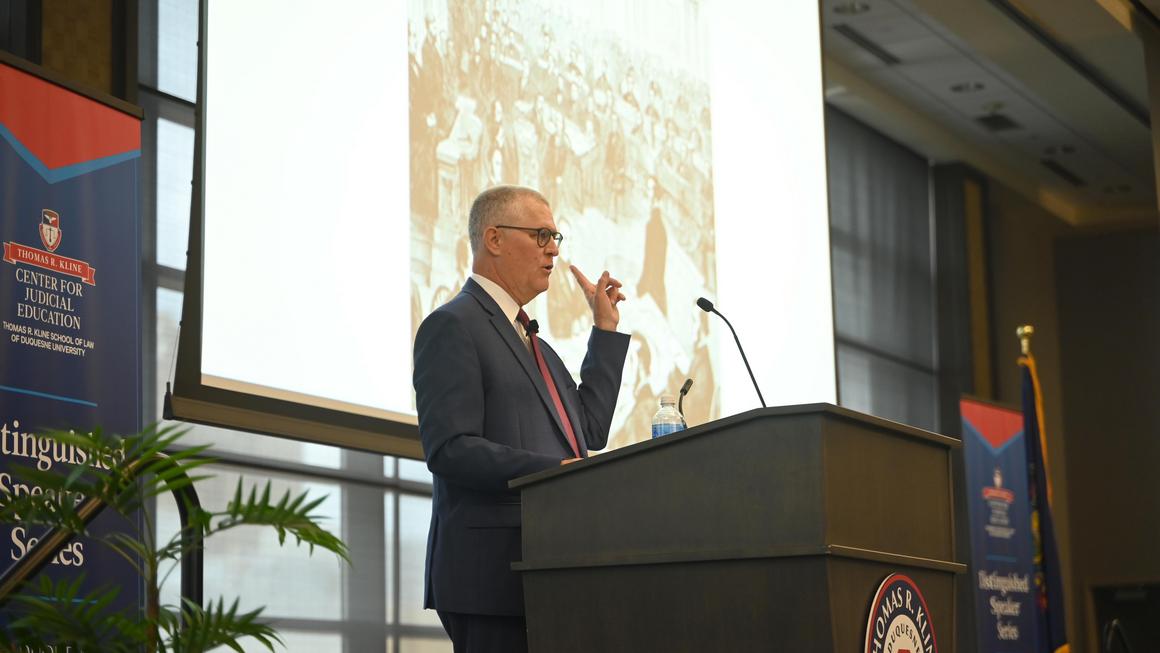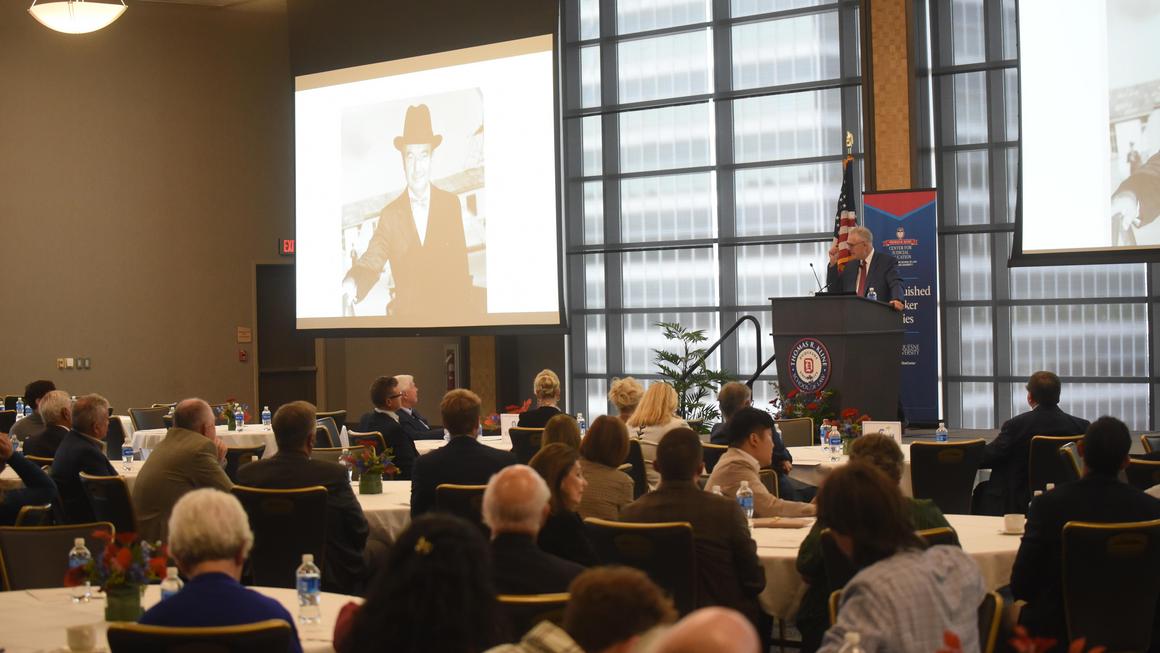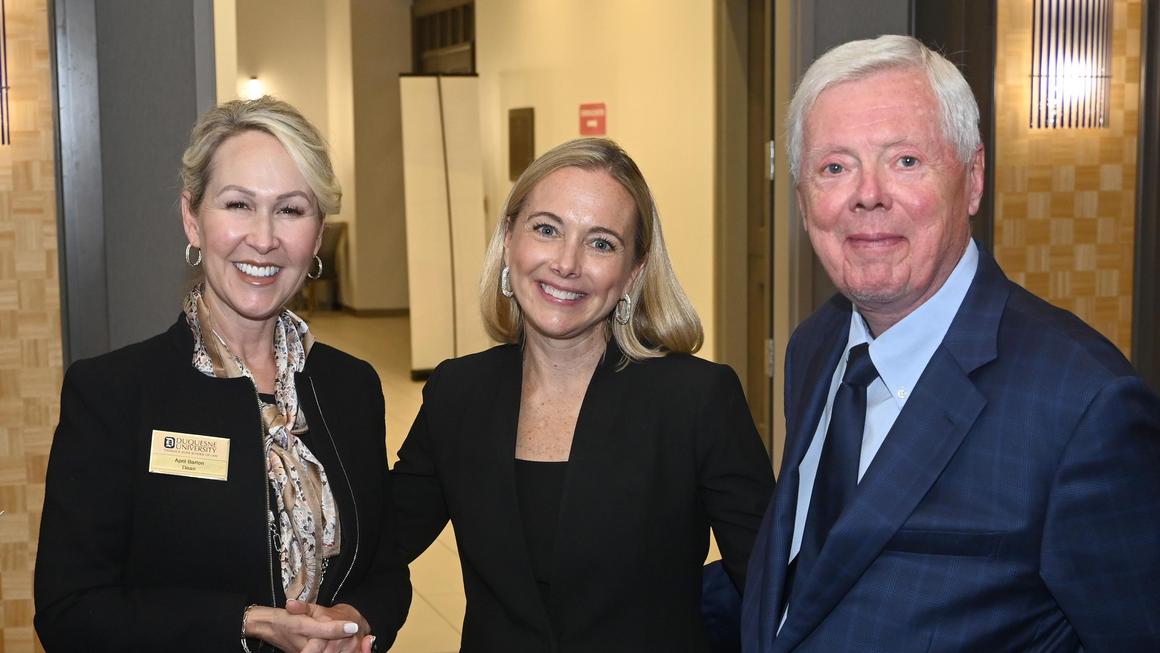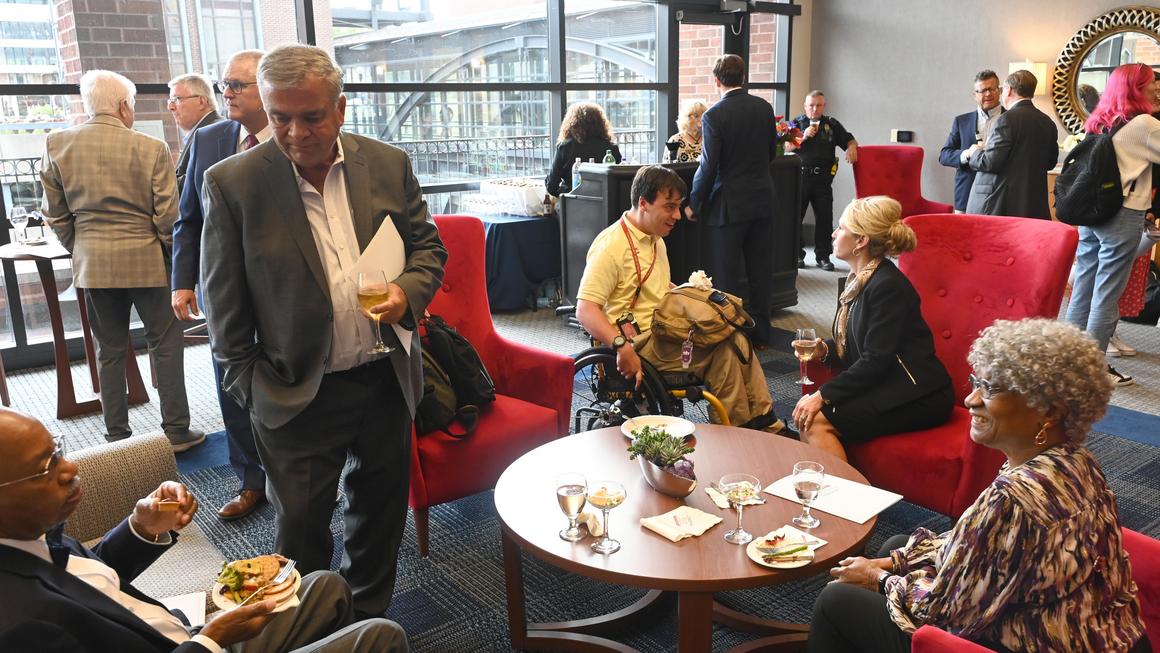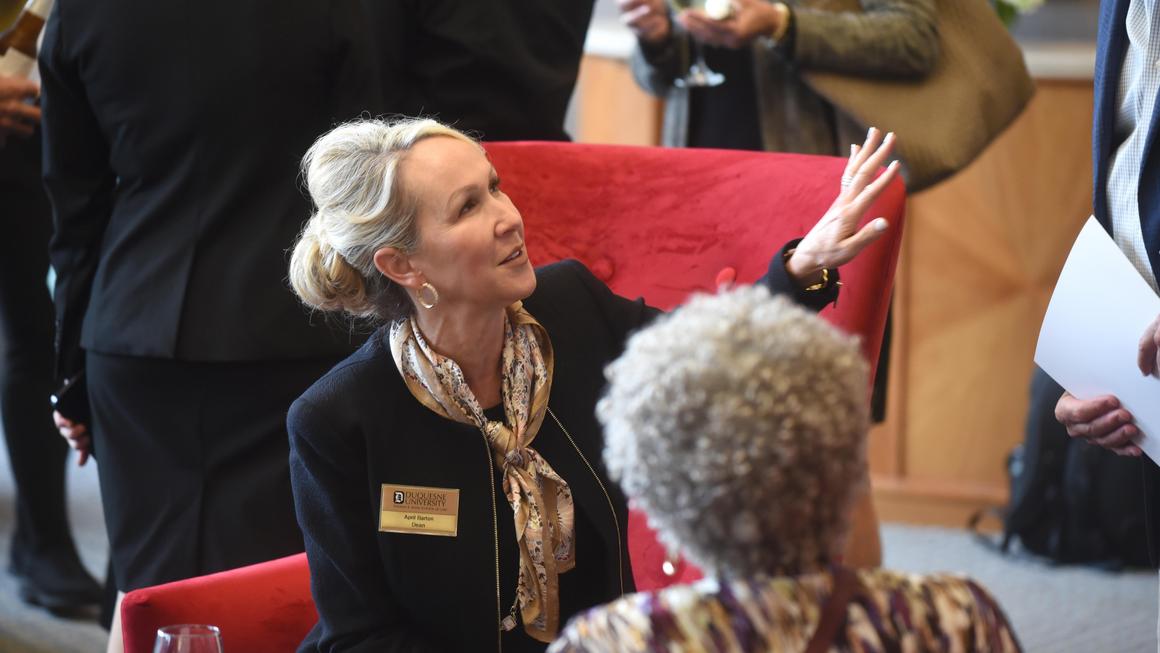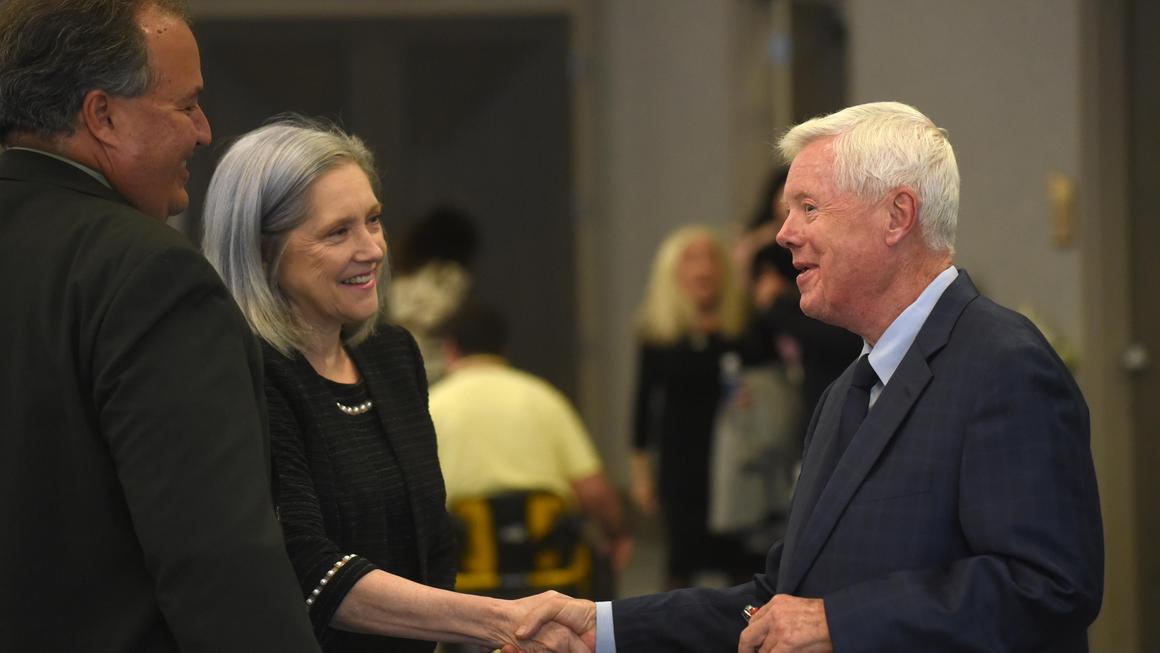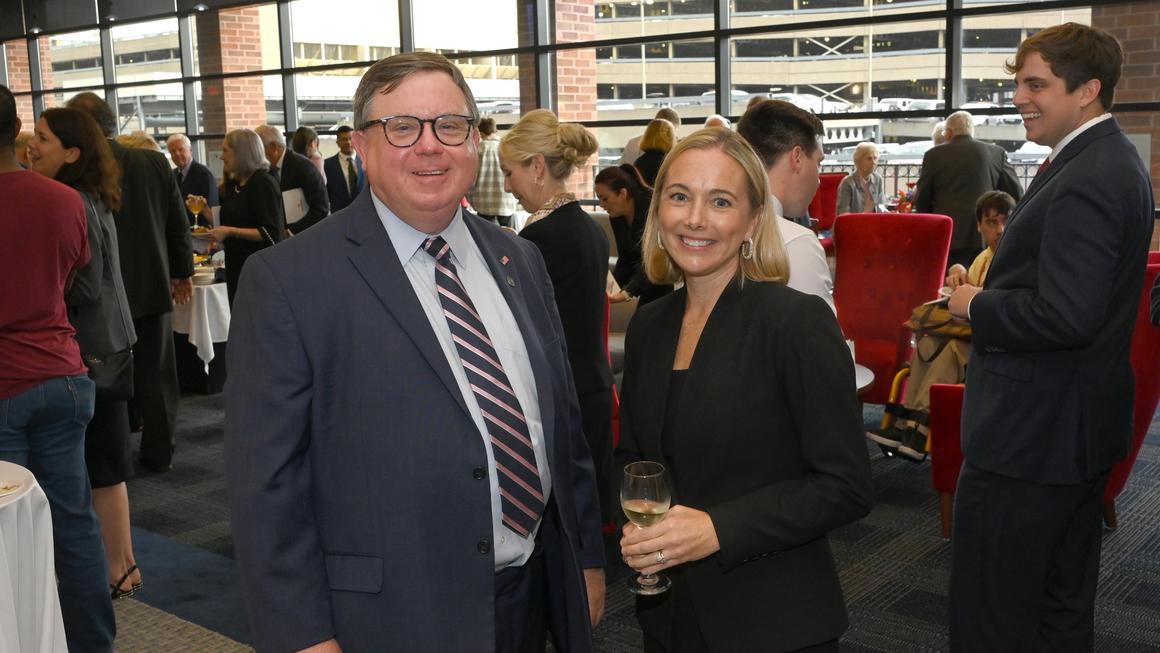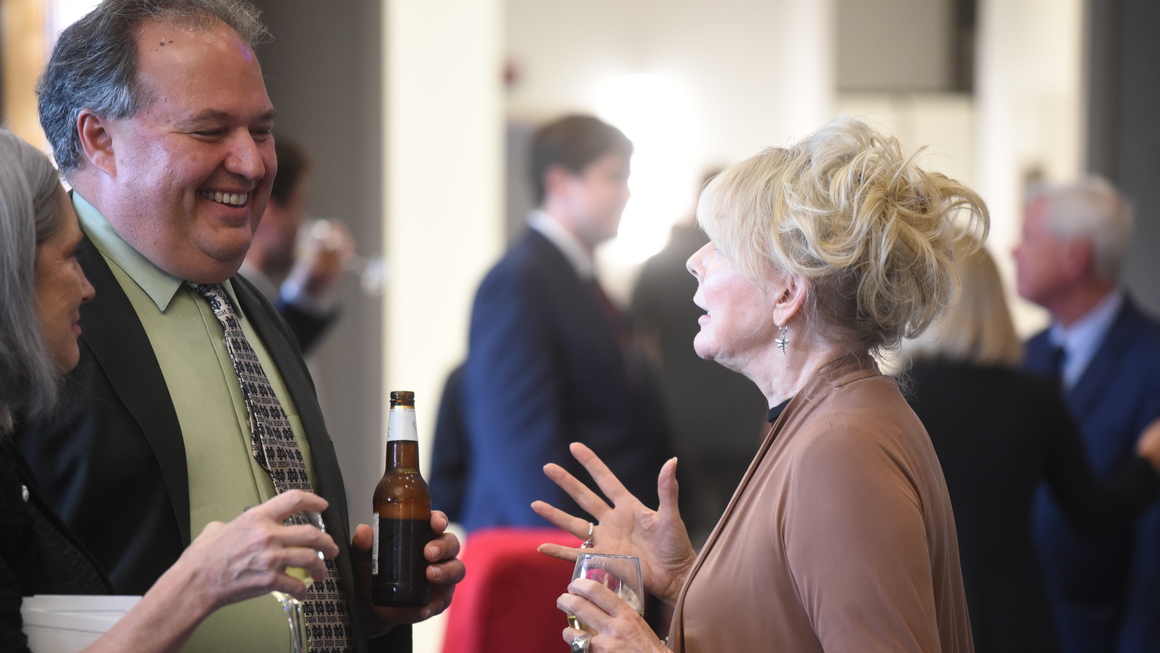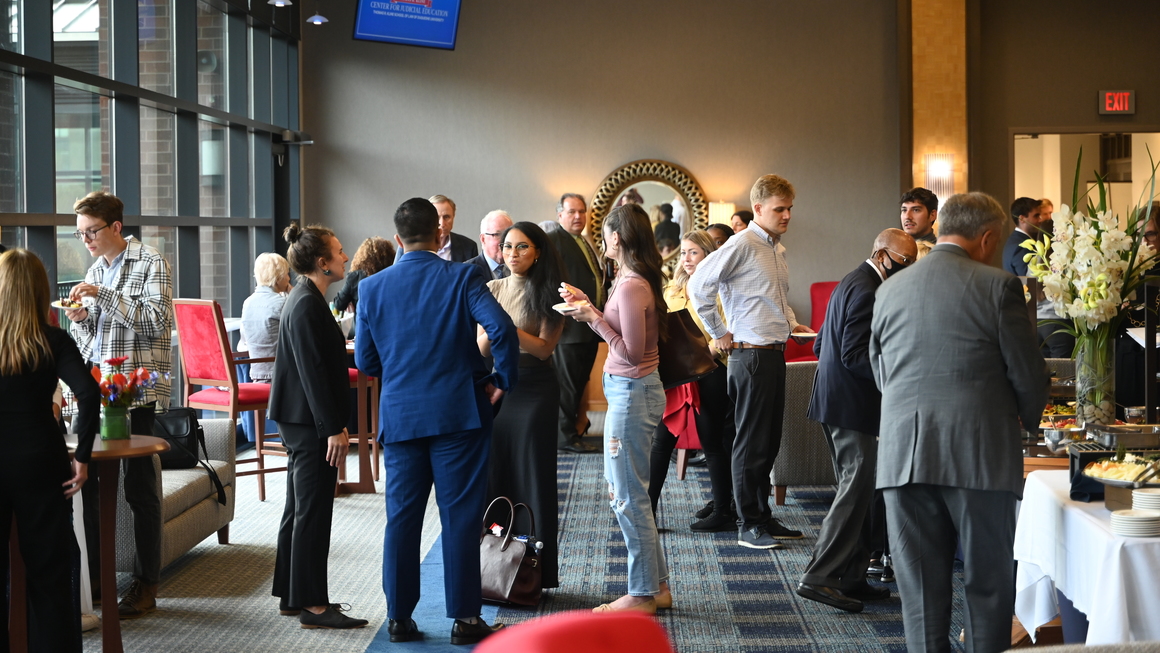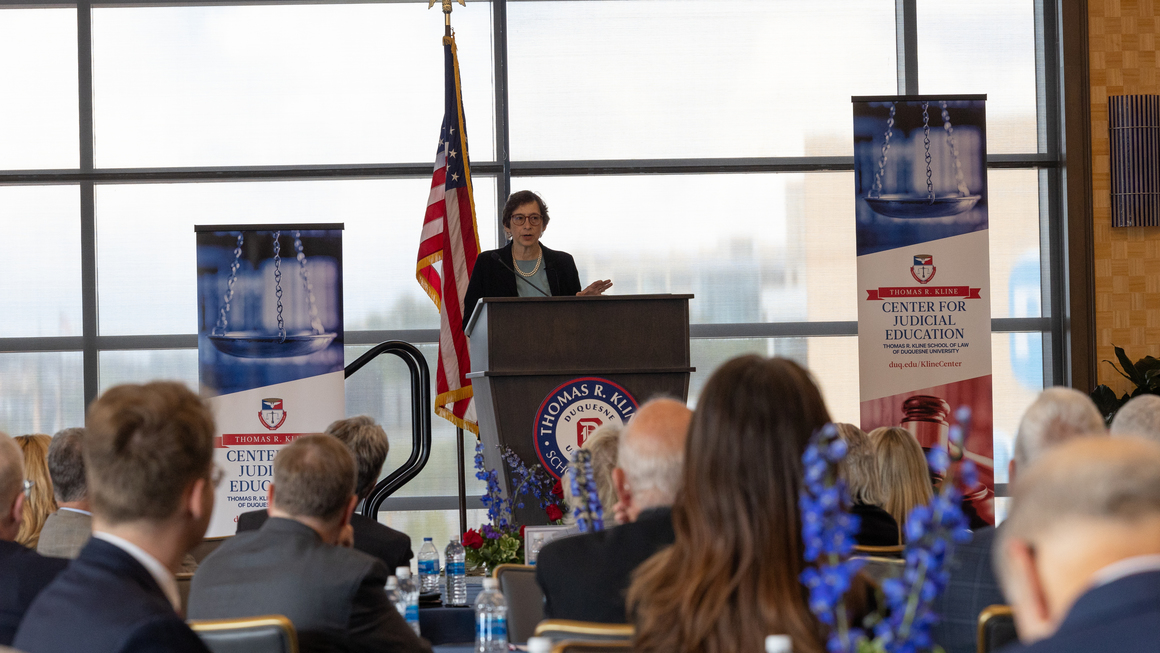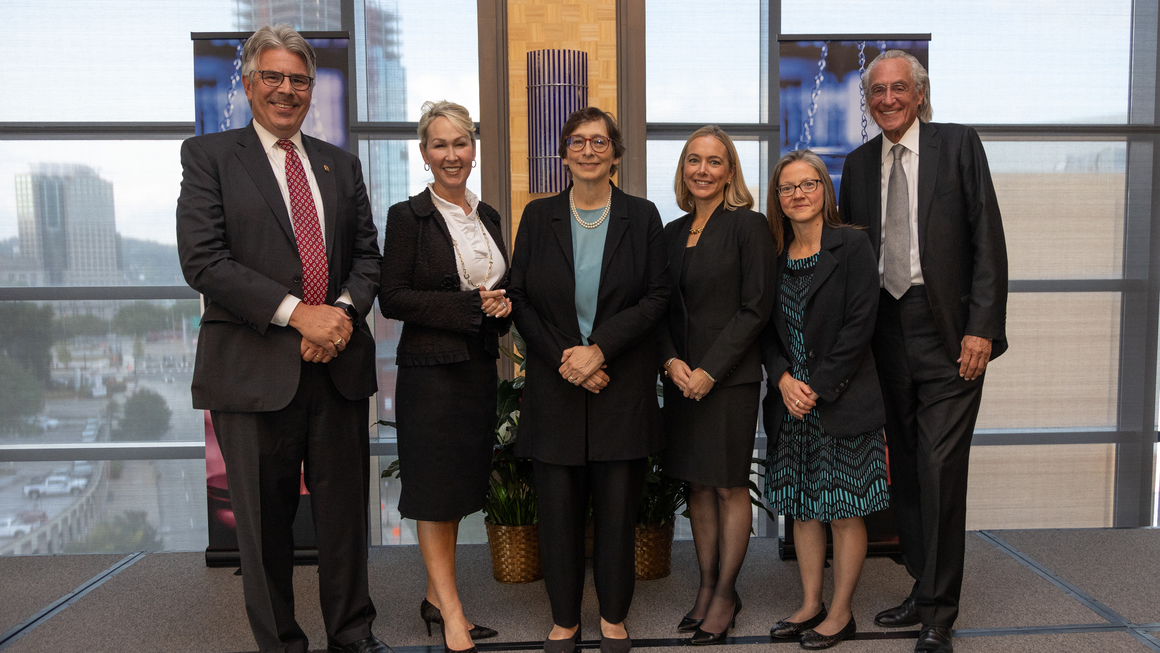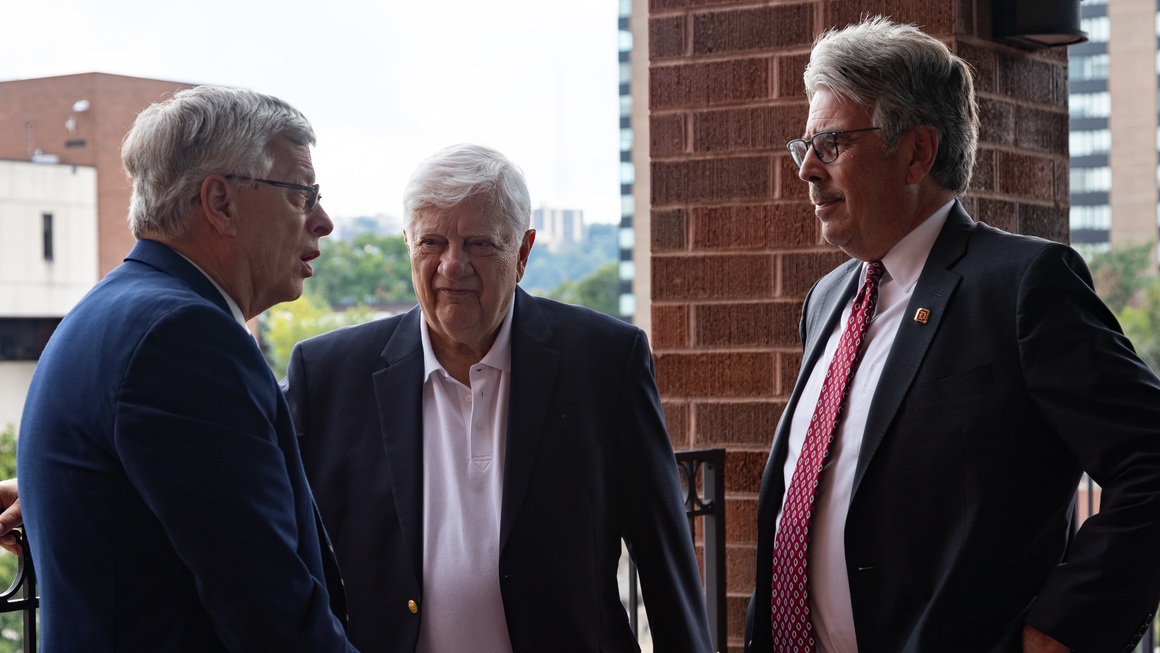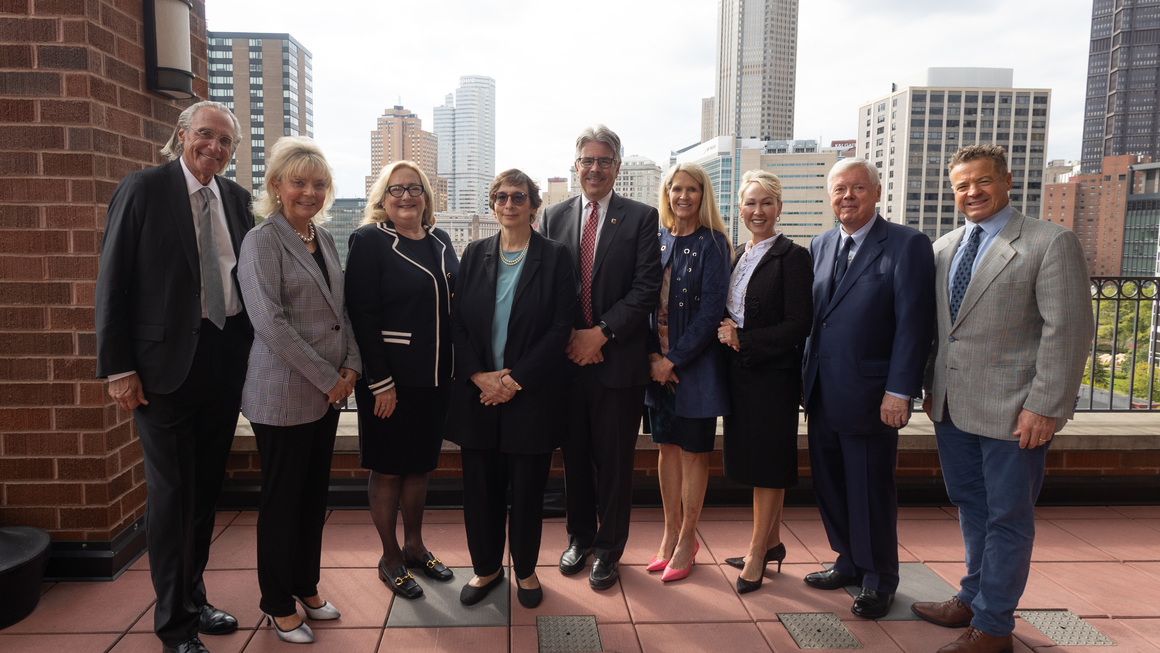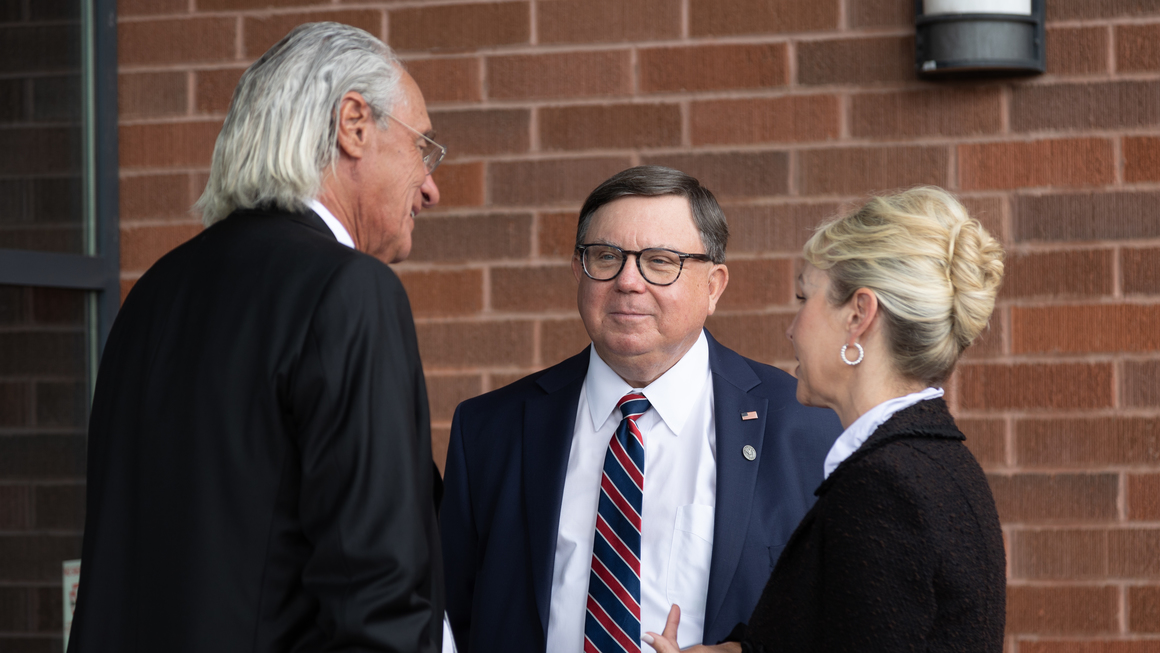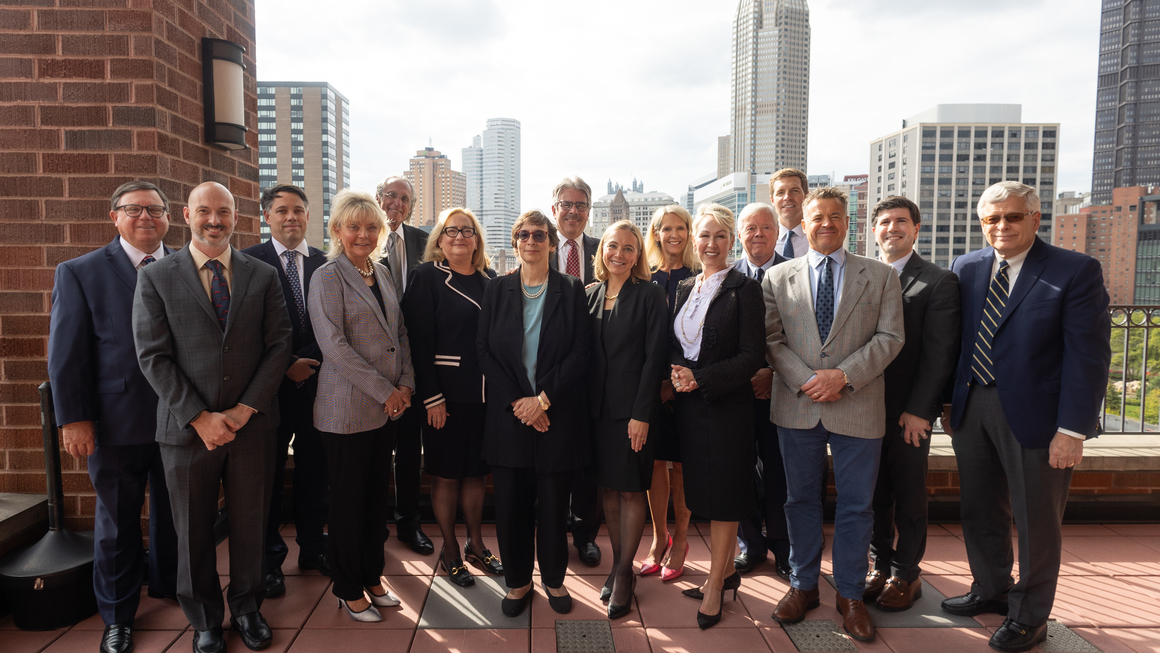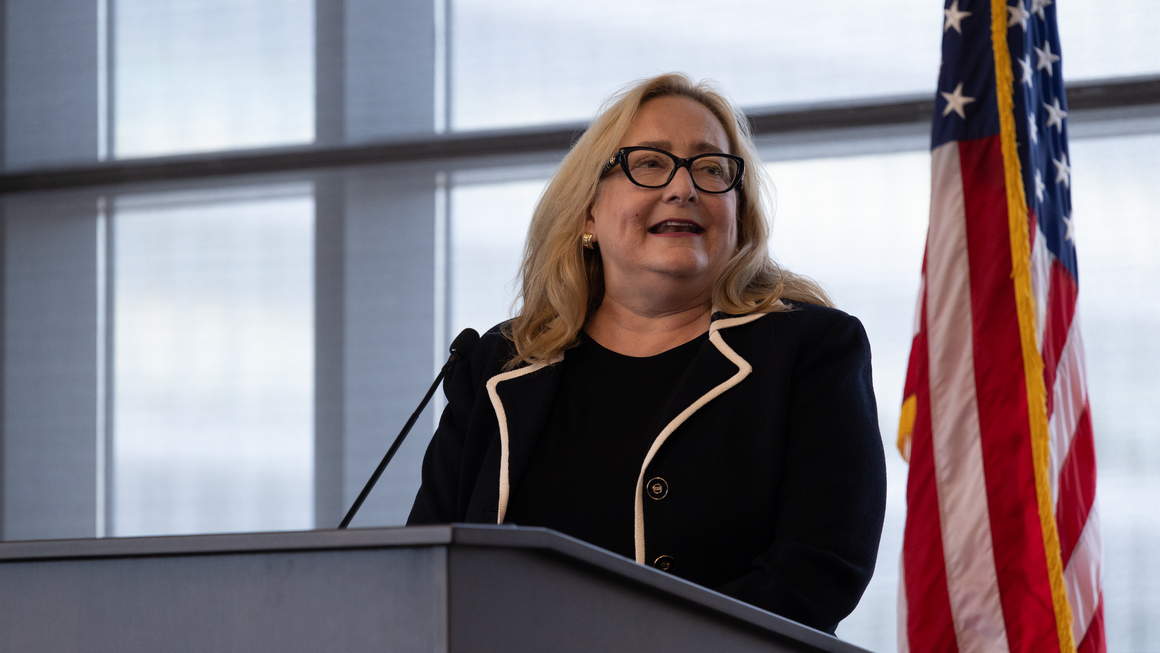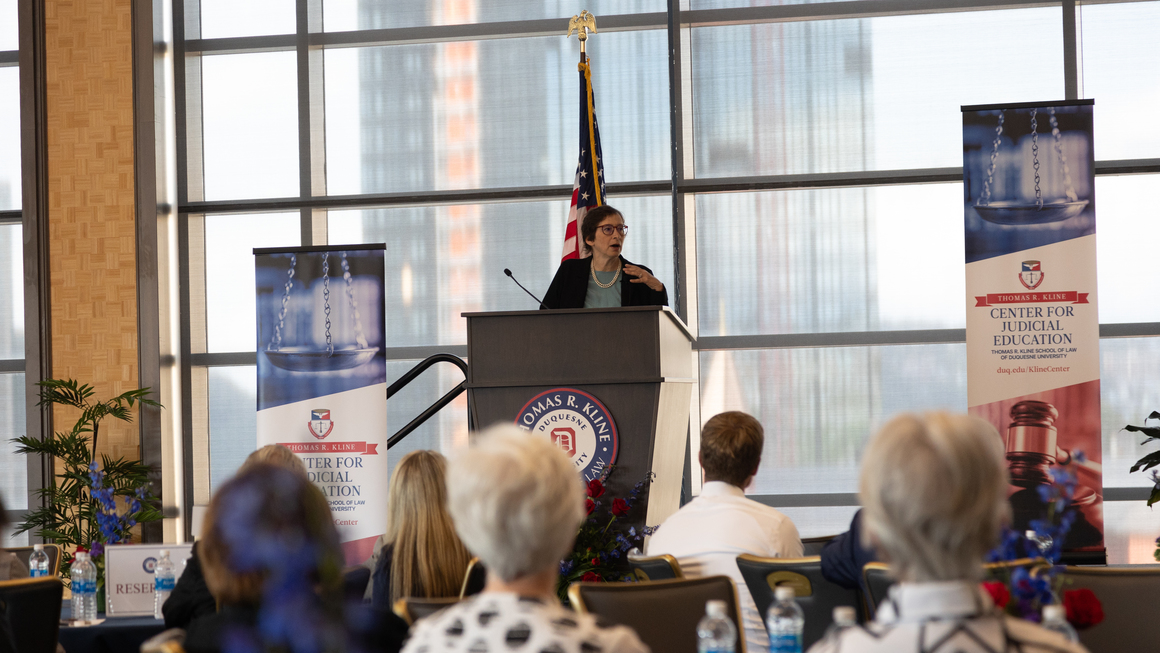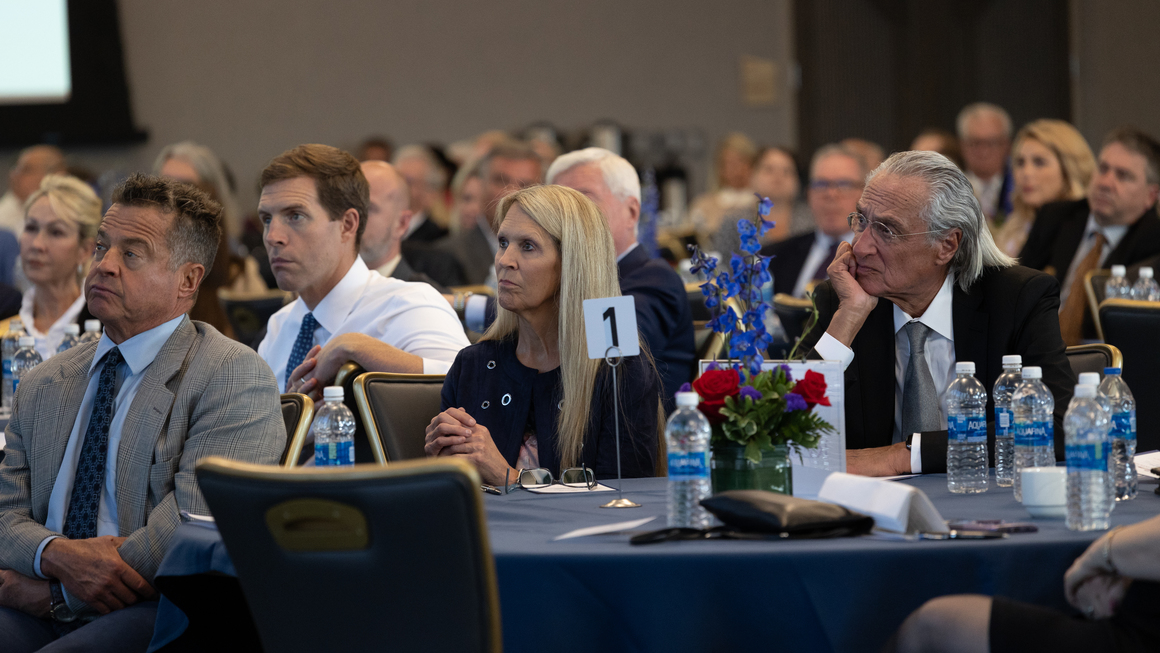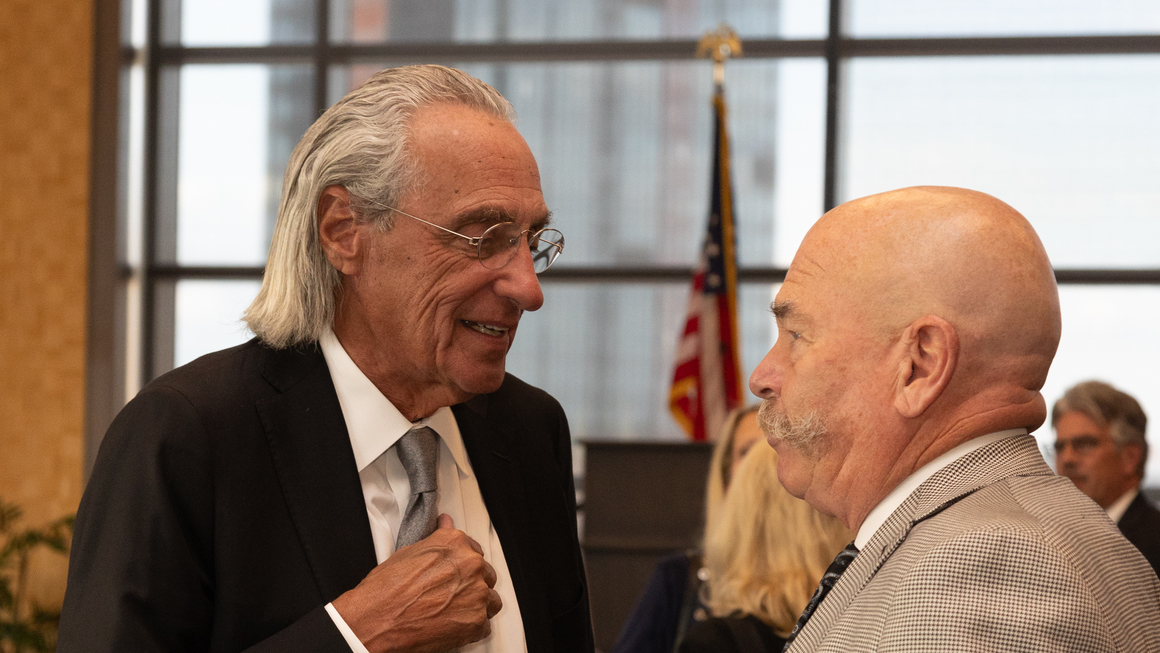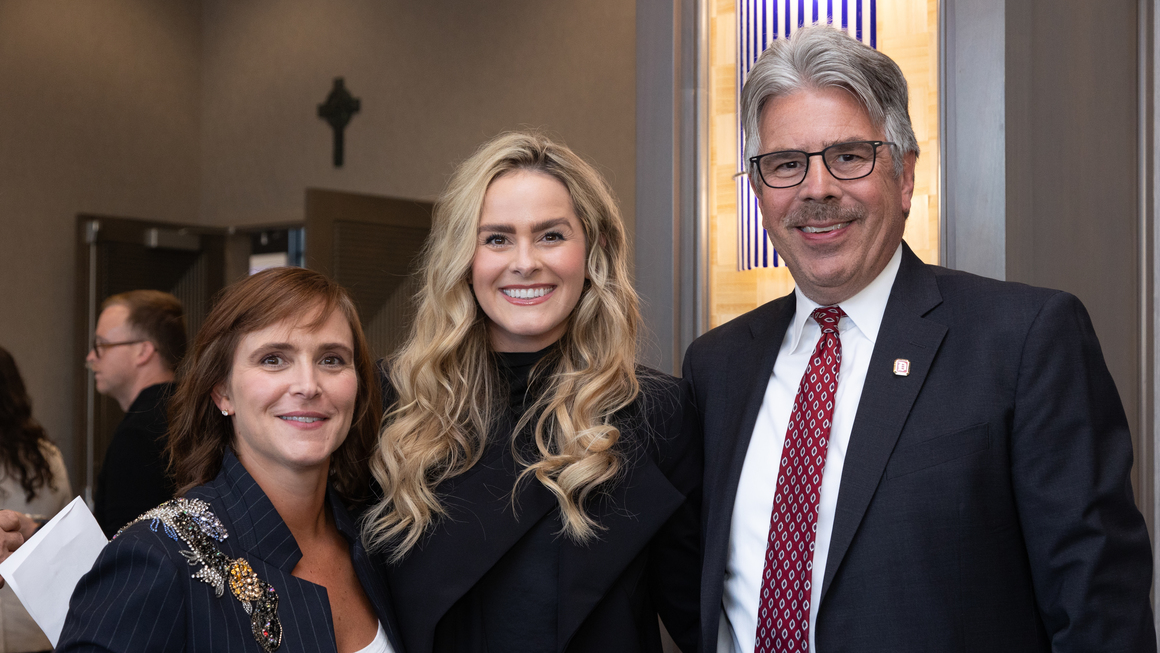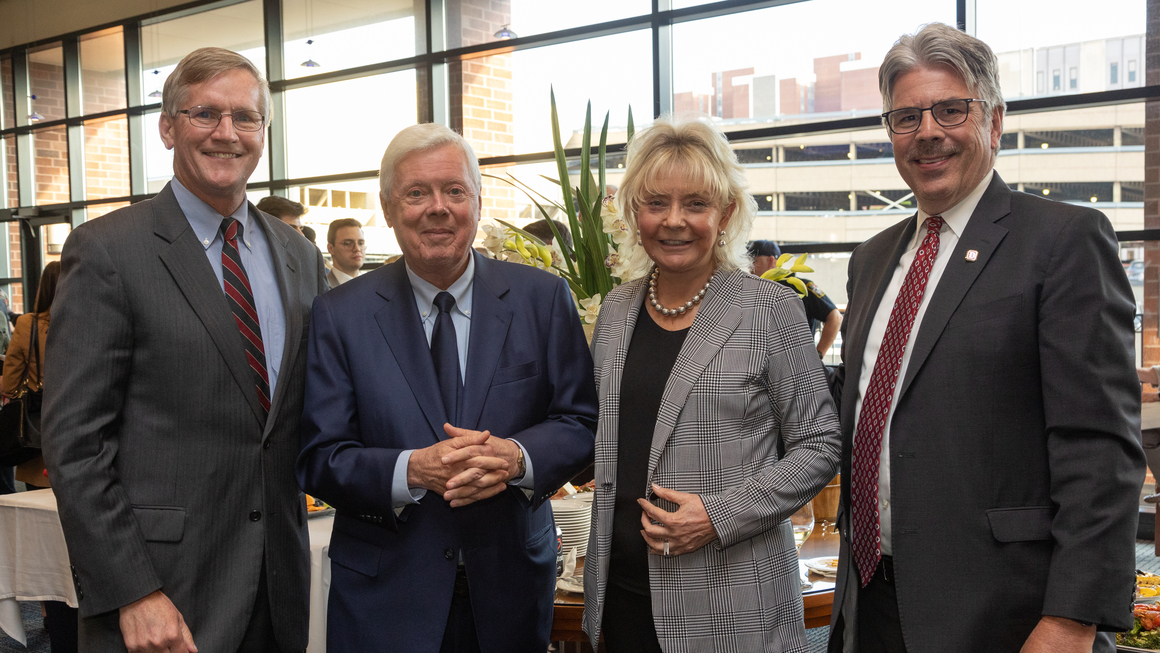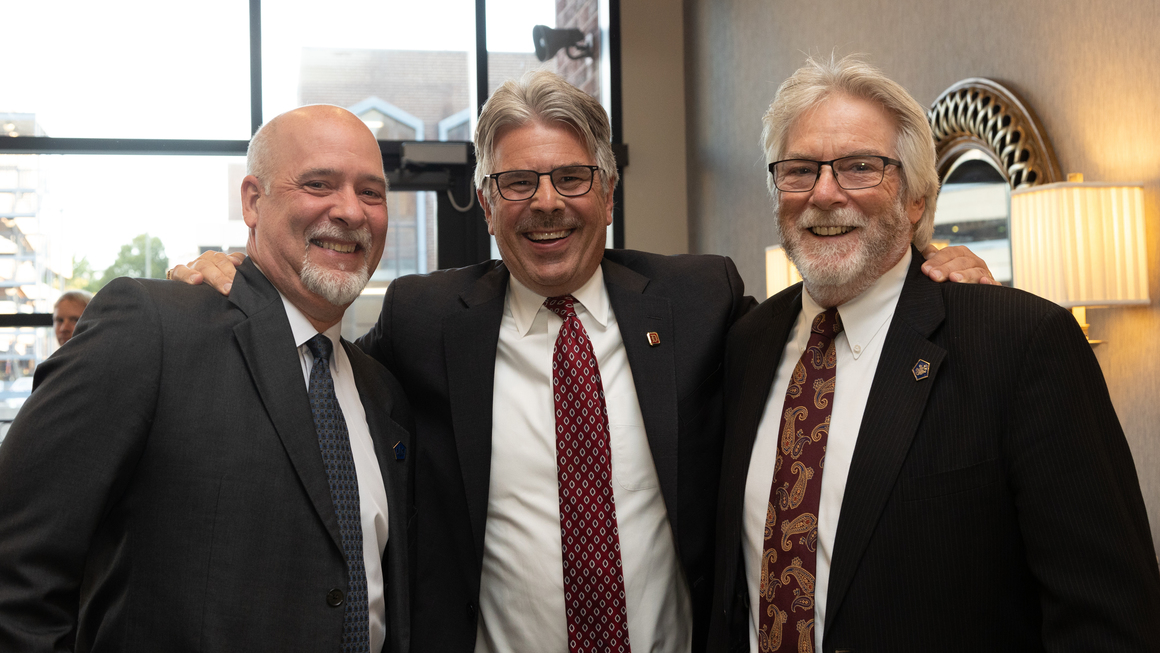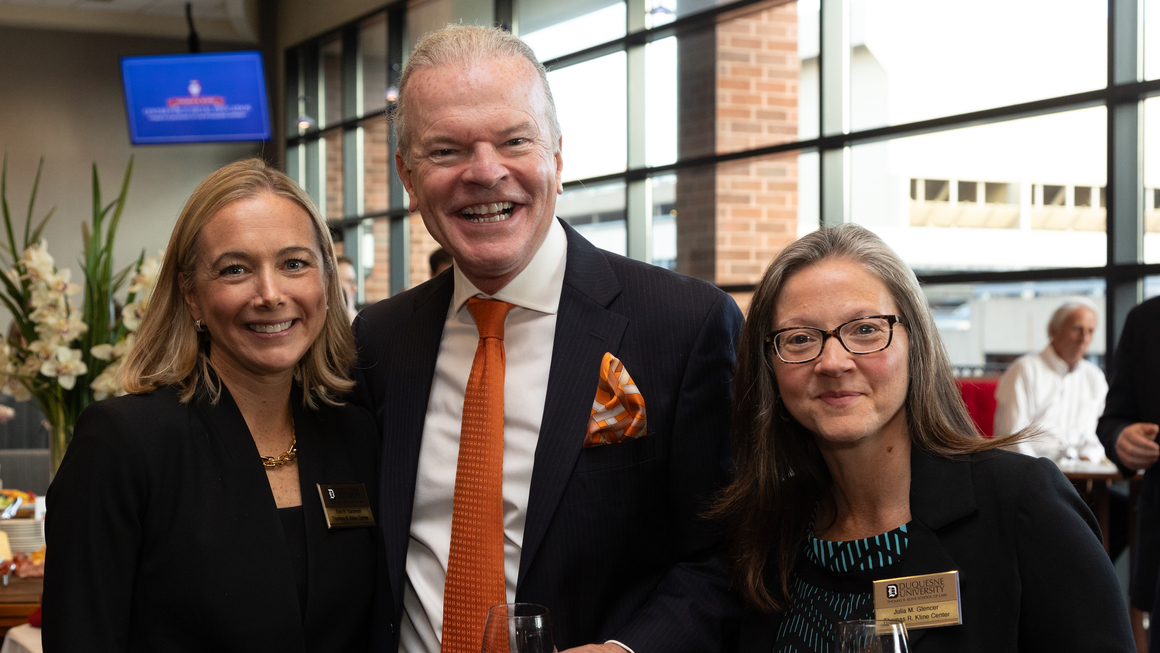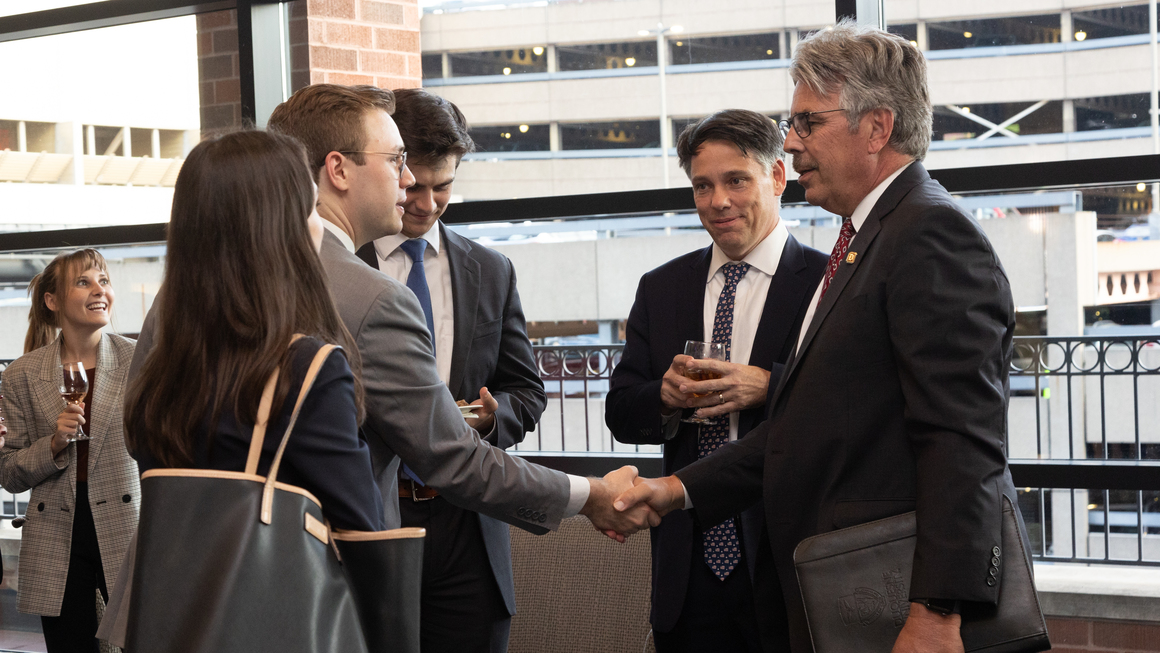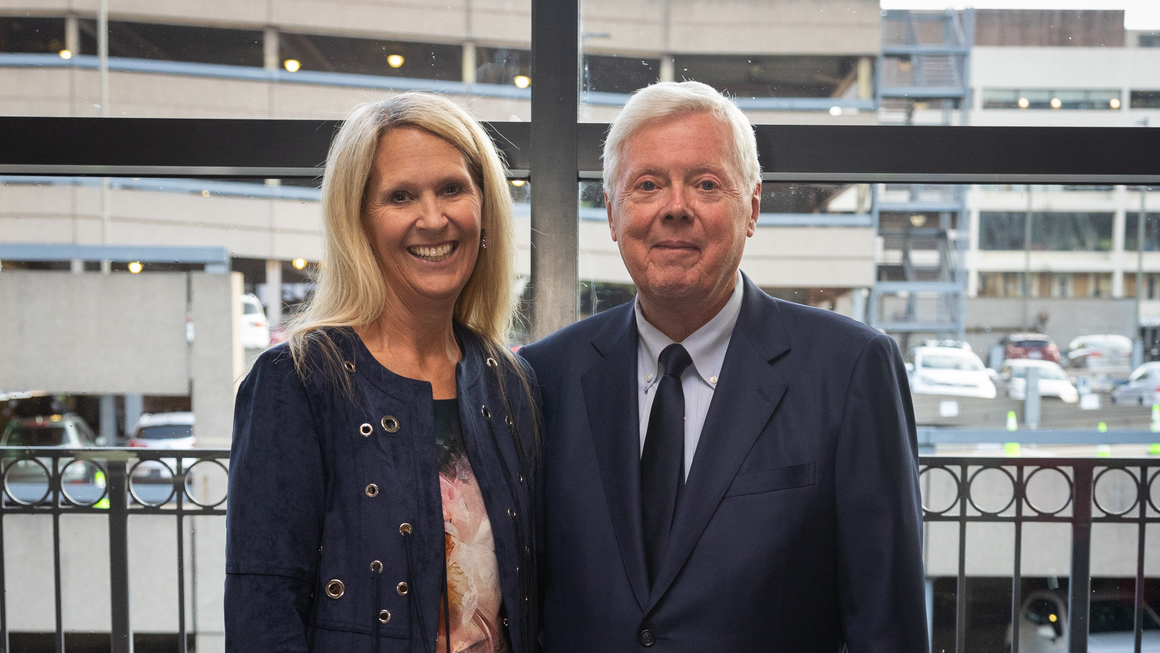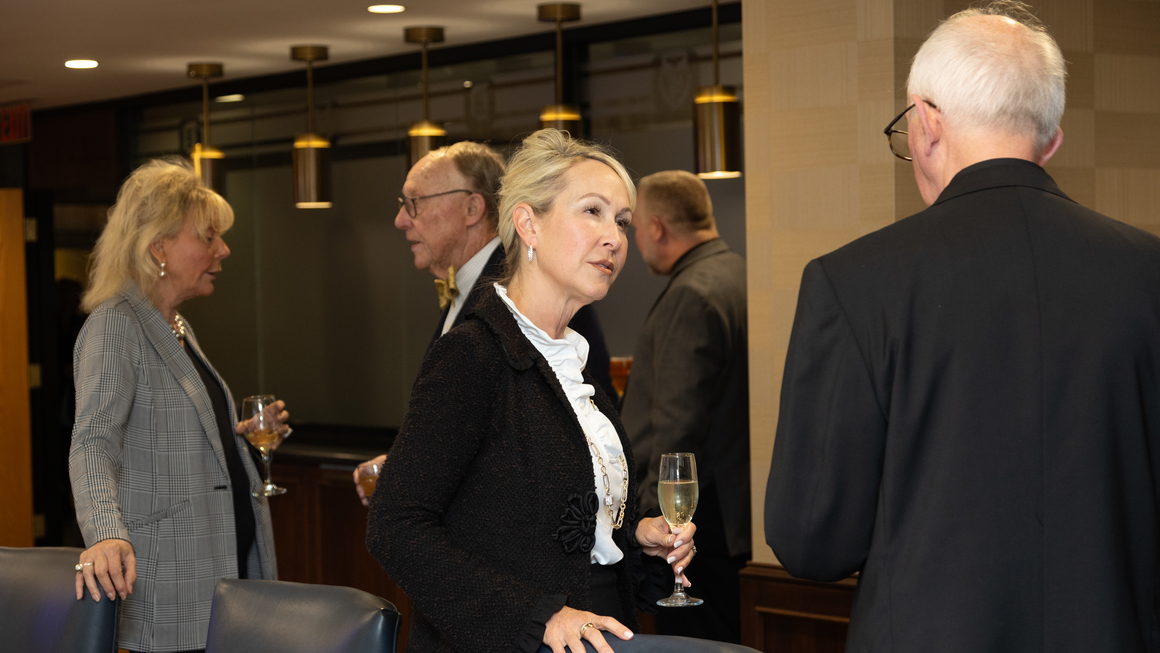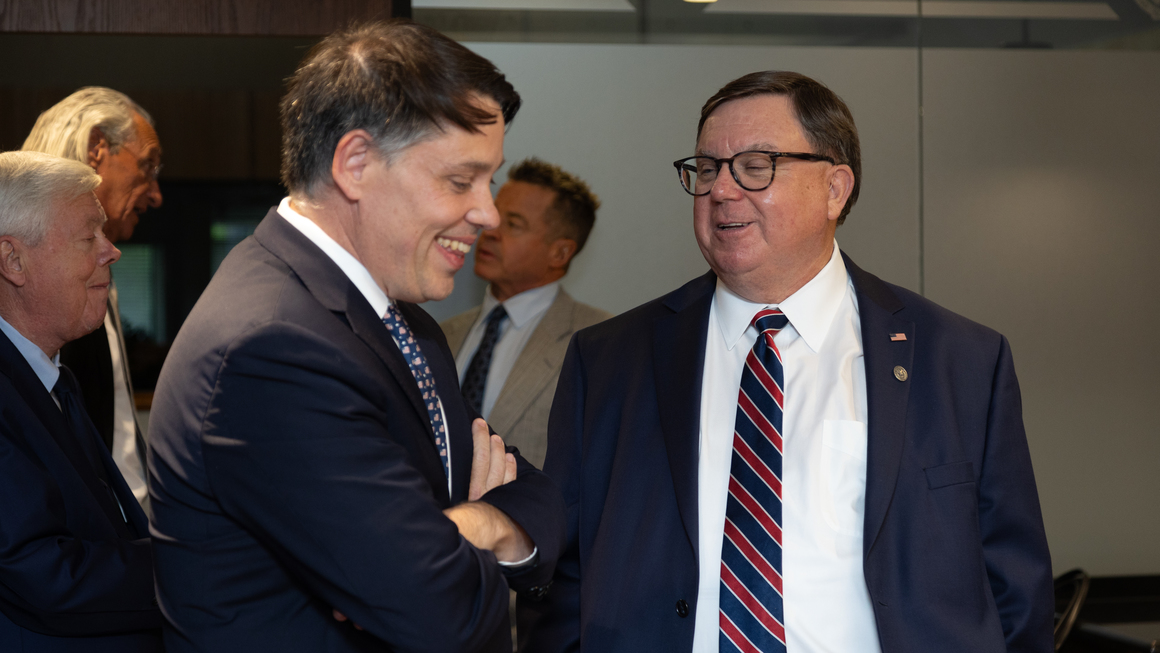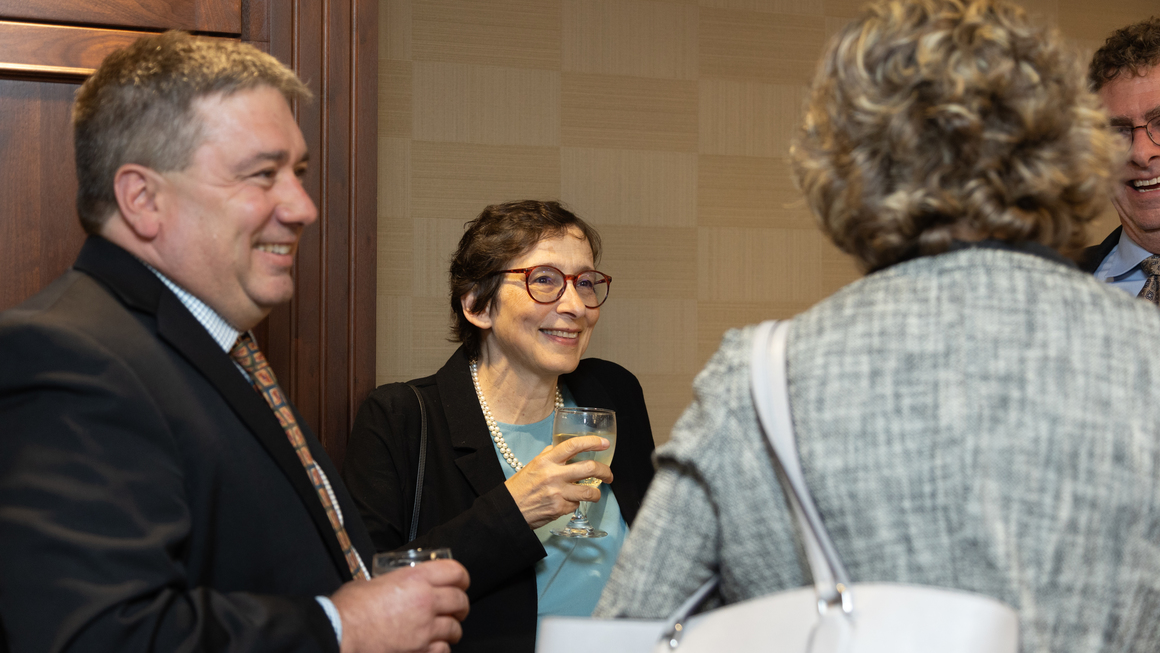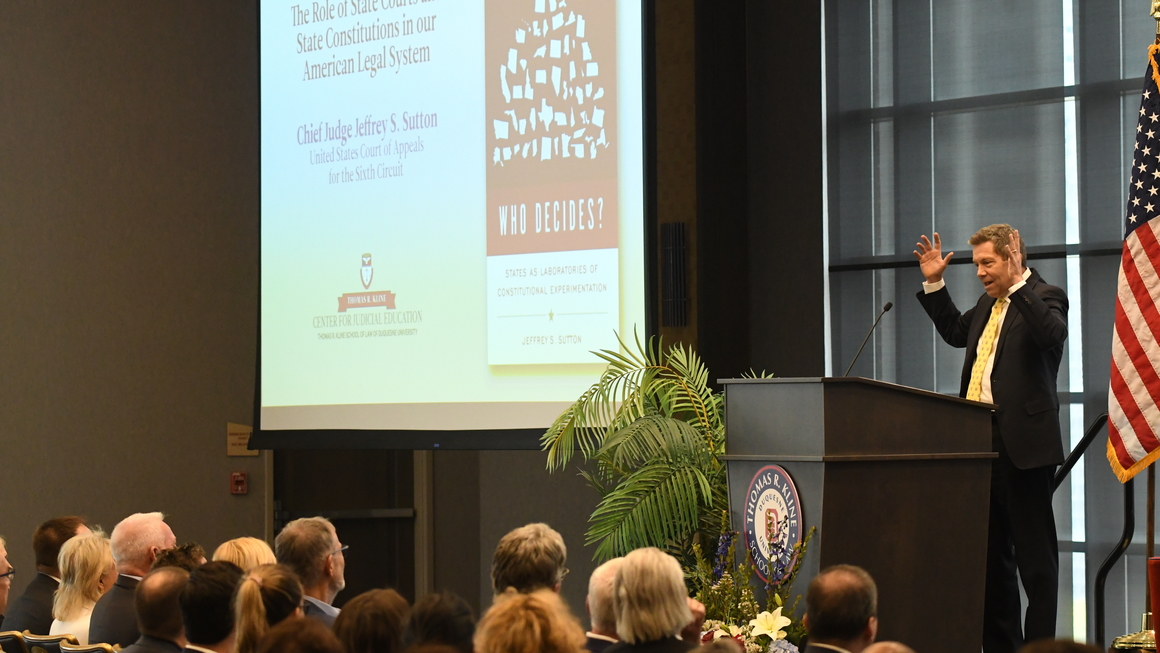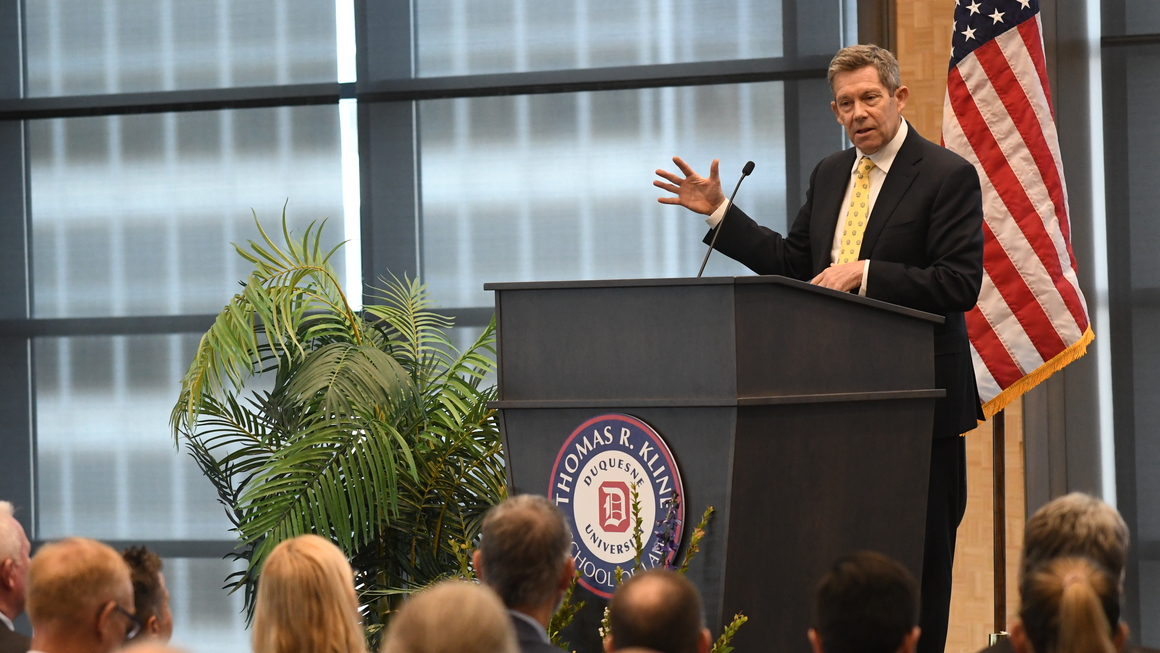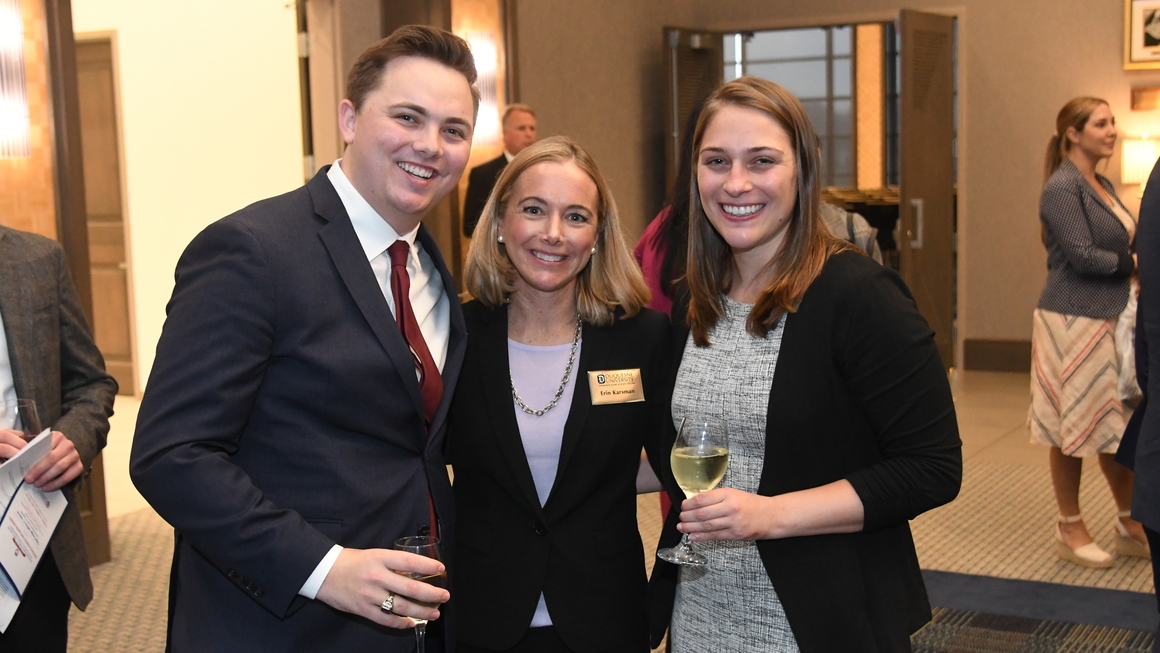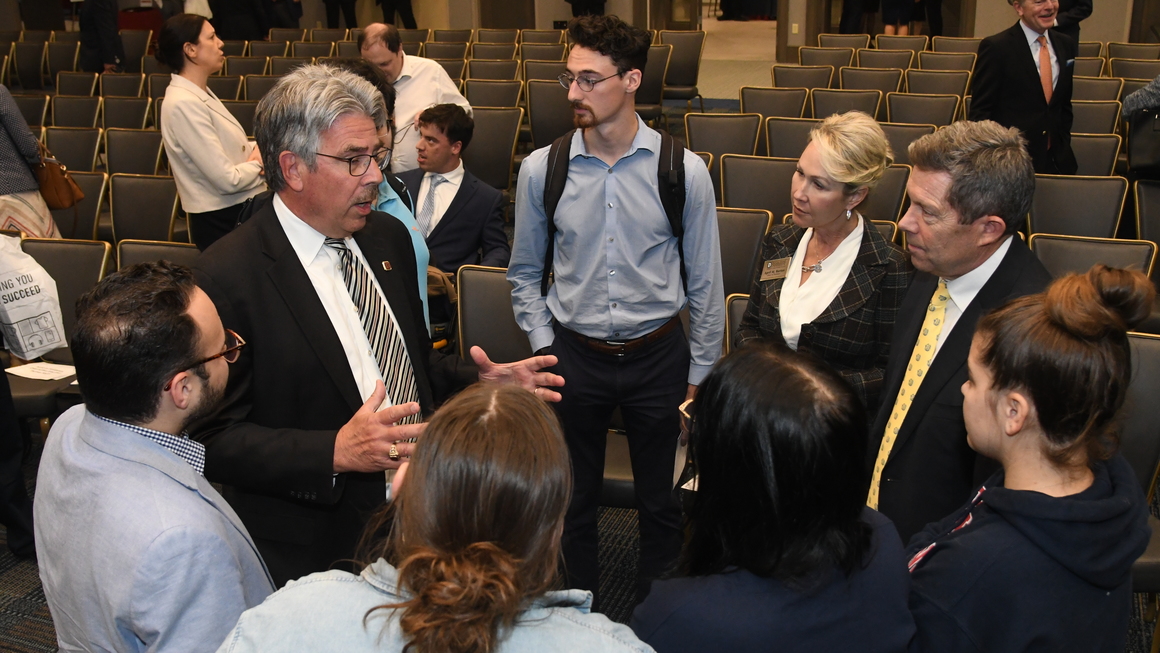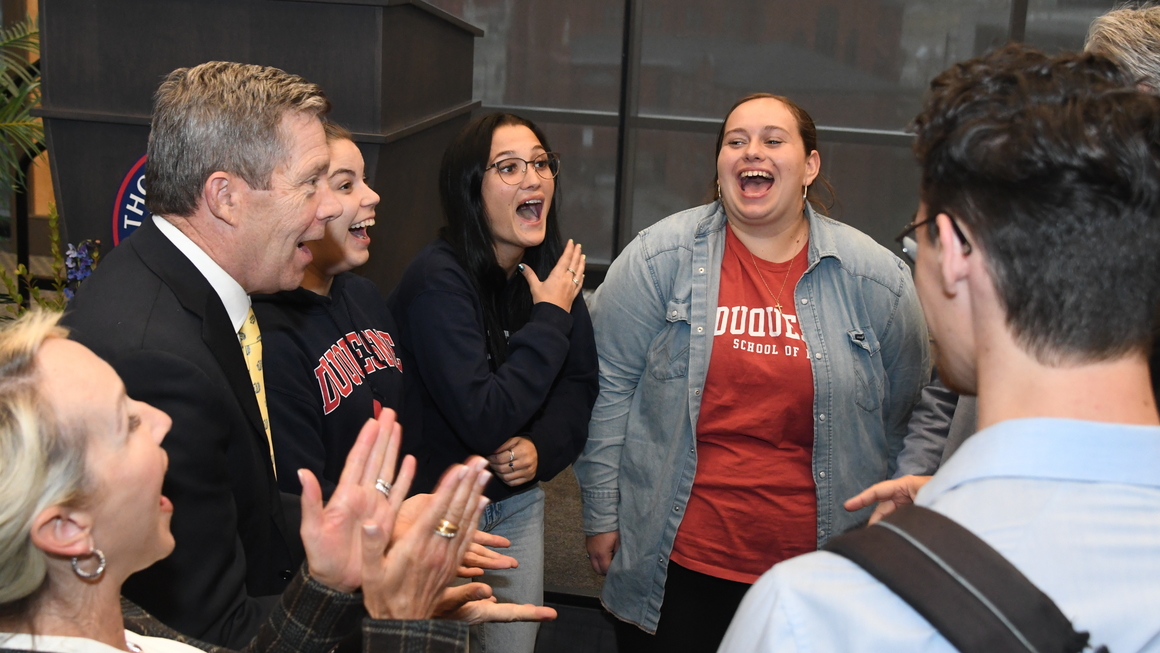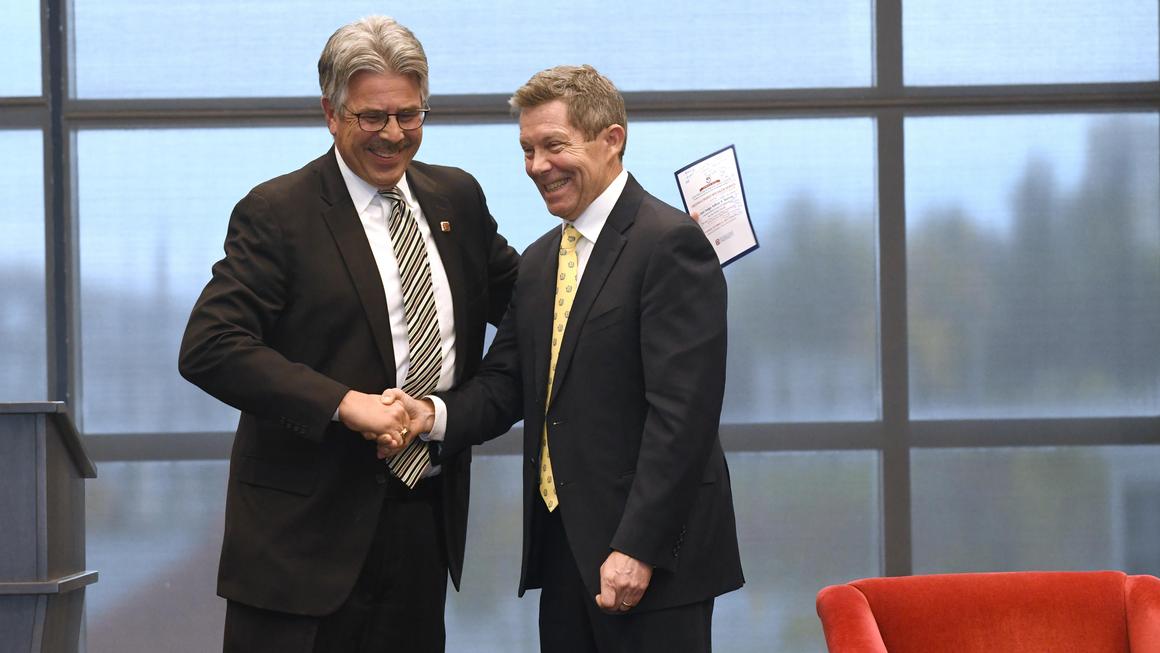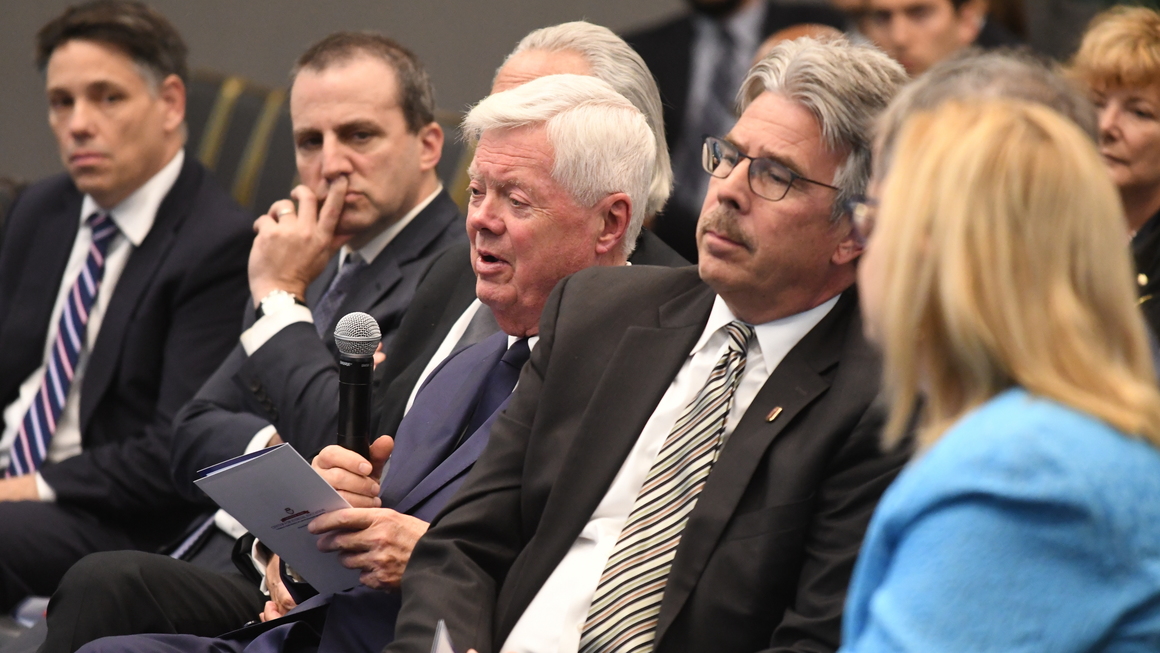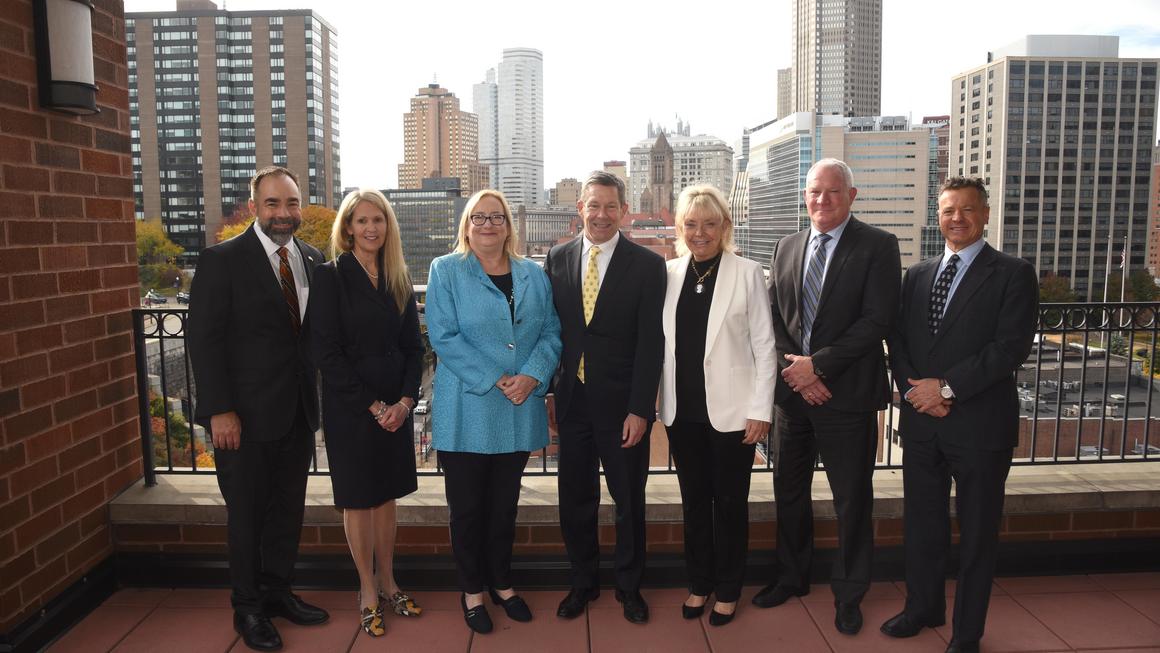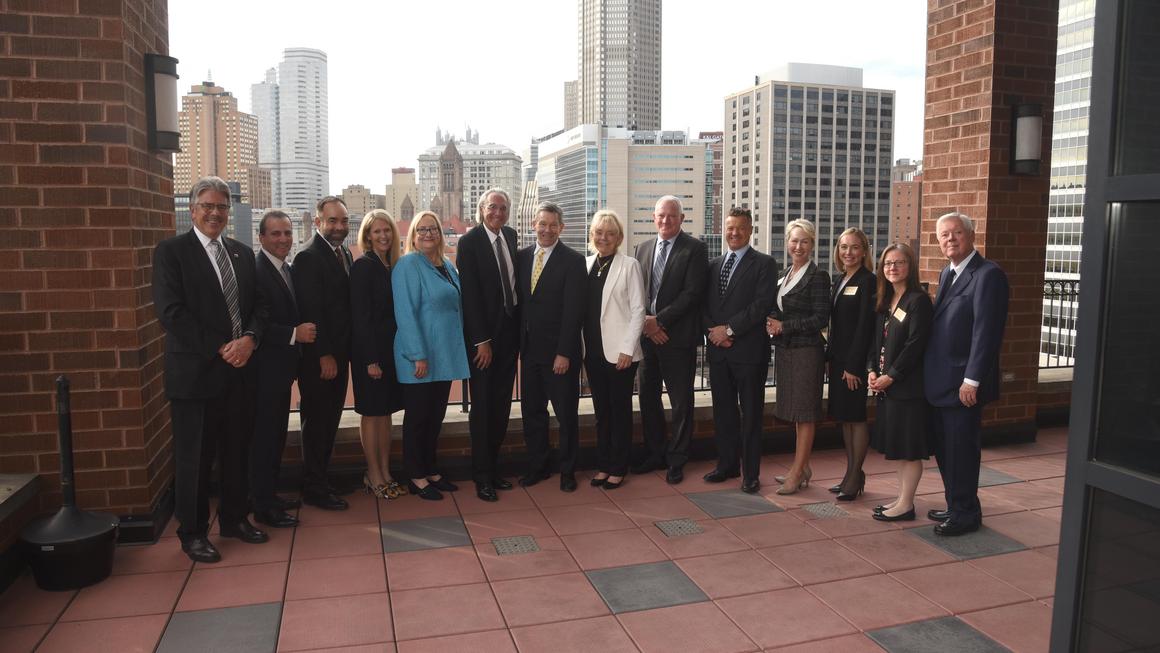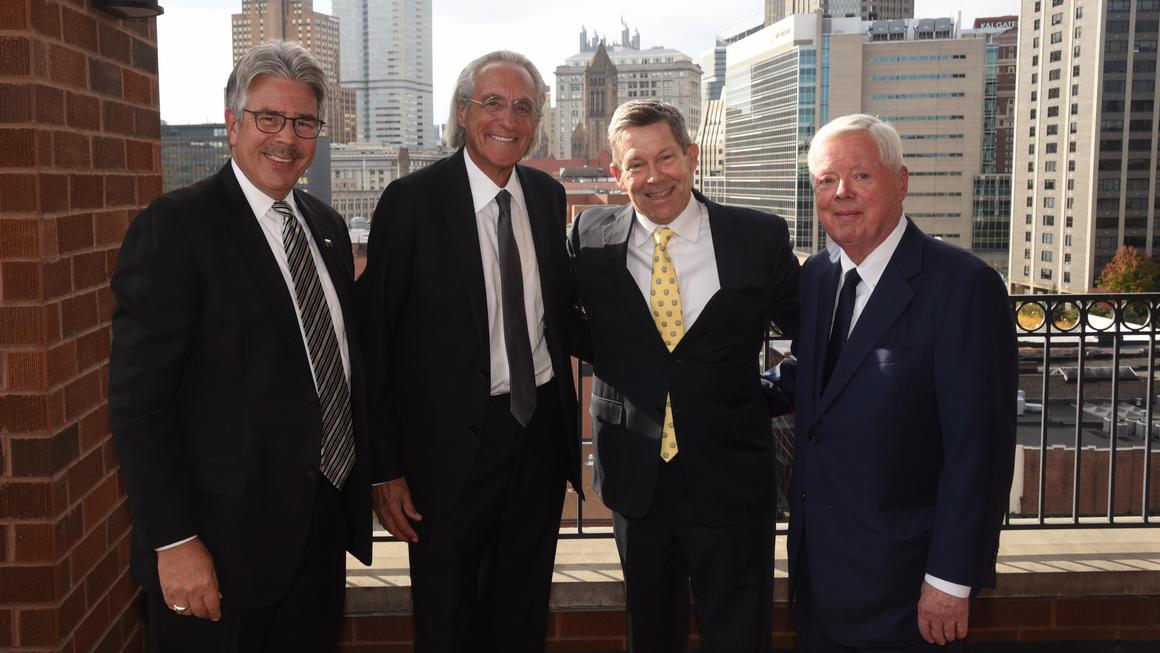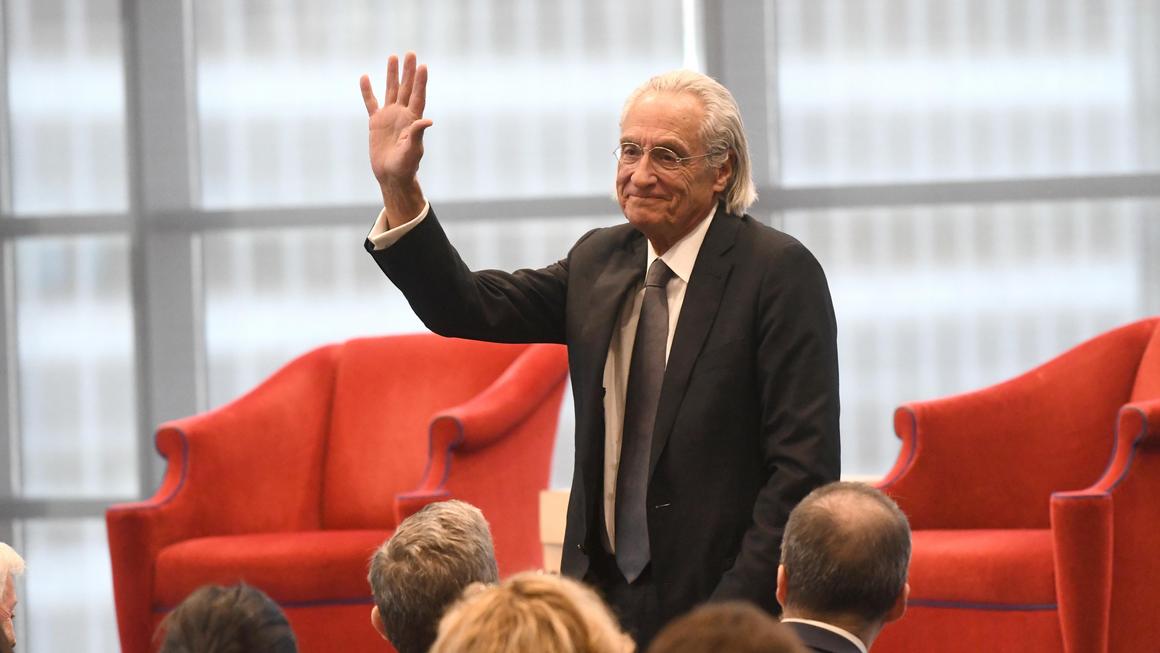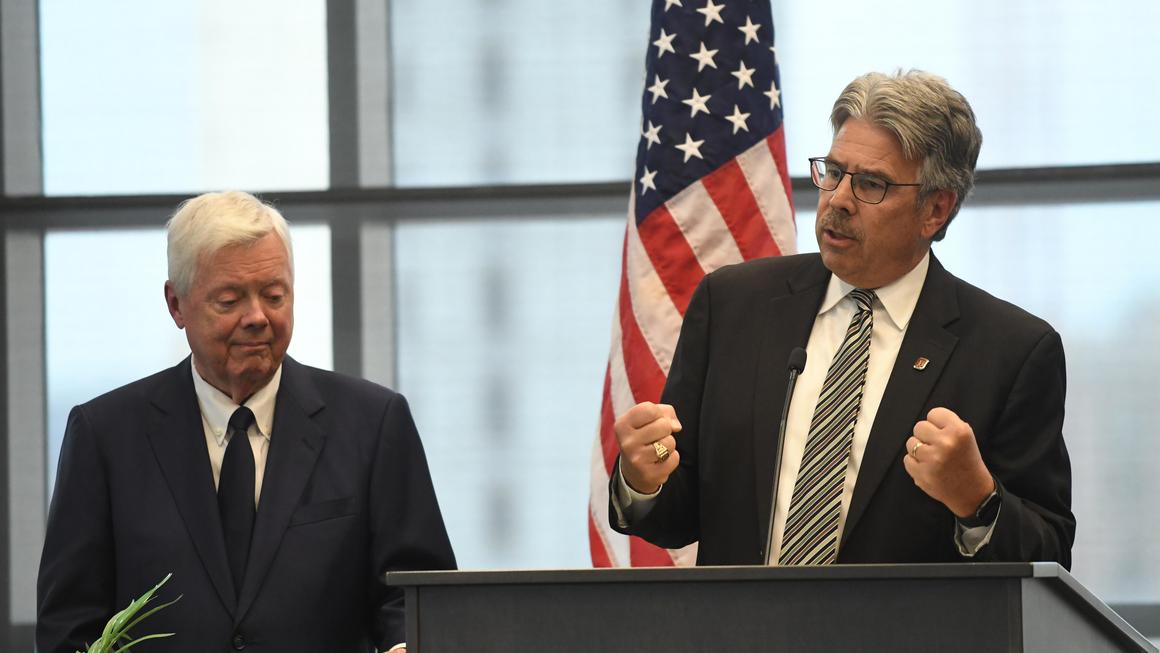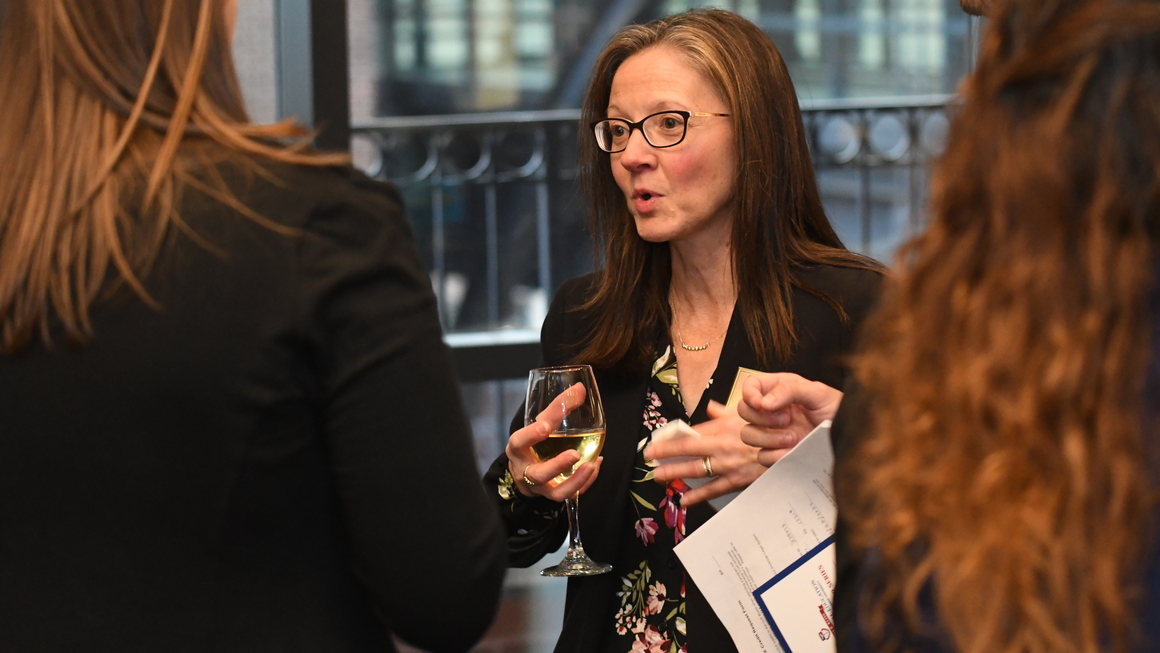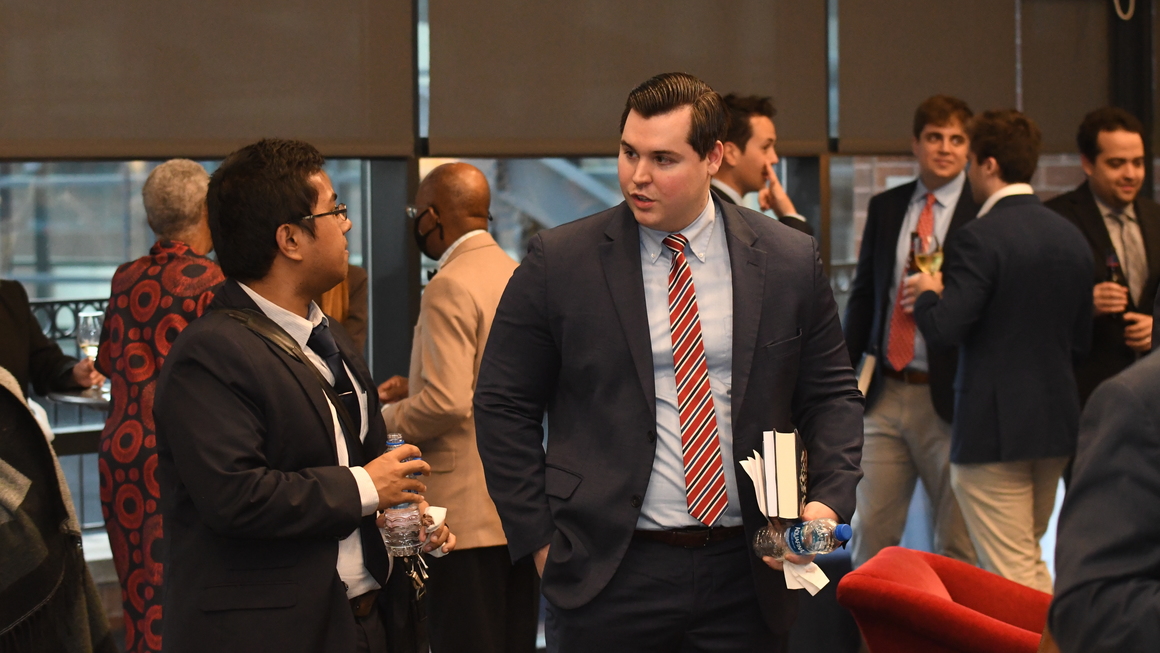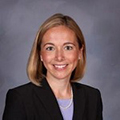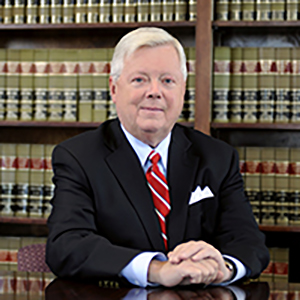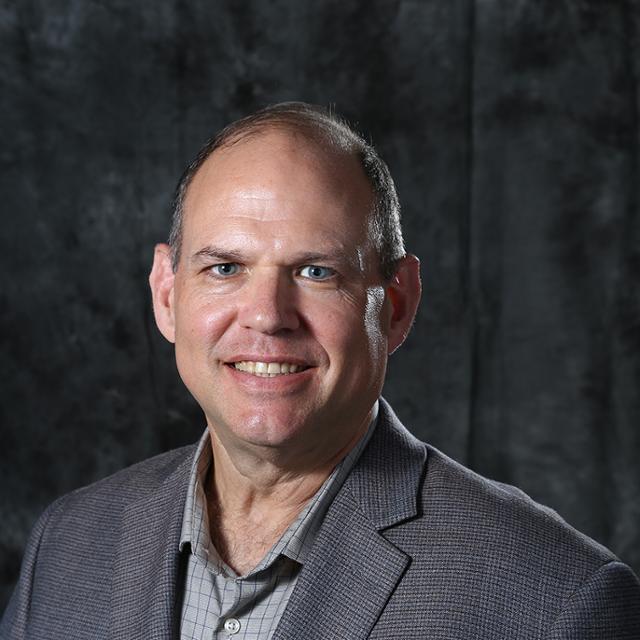Kline Center for Judicial Education
The Thomas R. Kline Center for Judicial Education at the Thomas R. Kline School of Law of Duquesne University supports the Supreme Court of Pennsylvania in its ongoing efforts to enhance the administration of justice through high quality continuing education for judges of the Commonwealth.
In partnership with the Administrative Office of Pennsylvania Courts' (AOPC) Judicial Education Department, the Kline Center provides administrative assistance and organizational support in the development and delivery of continuing judicial education courses throughout Pennsylvania.
Thomas R. Kline School of Law of Duquesne University alumnus Thomas R. Kline gave $7.5 million in 2017 to establish the innovative center at his alma mater. Most recently, Kline committed $50 million to provide transformational support to Duquesne's 111-year-old law school. His gift constitutes the single largest commitment to Duquesne in its 144-year history. Kline is a 1978 Duquesne Law graduate, founding partner of the firm Kline & Specter, PC, in Philadelphia, and one of Pennsylvania's most successful trial attorneys.
Recent Program Highlight
National and International Legal Experts Attend AI and Law Conference
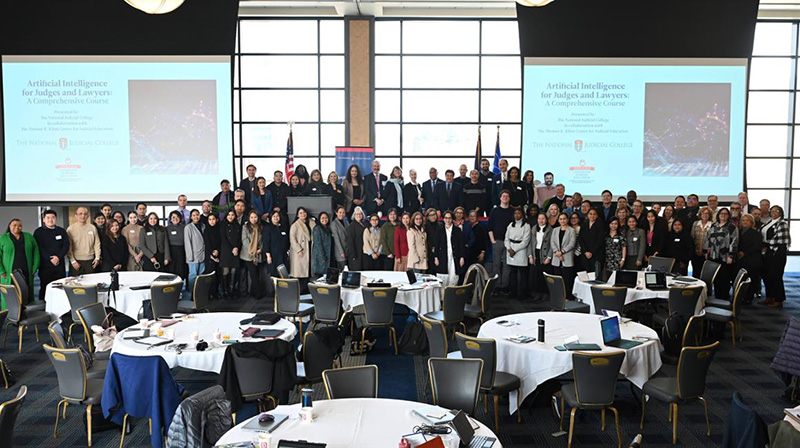
Nearly 100 judges and attorneys from across the globe convened at the Thomas R. Kline School of Law of Duquesne University from December 2-5, 2024, for a four-day conference entitled “Artificial Intelligence for Judges and Lawyers: A Comprehensive Course.” The innovative and informative conference outlined the intersection of Artificial Intelligence (AI) and the law. It was a collaboration between the Thomas R. Kline Center for Judicial Education and the National Judicial College.
“Justice Robert H. Jackson and the U.S. Supreme Court's Path to Brown v. Board of Education" View photos from the event. “The Supreme Court and the Protection of American Democracy" View photos from the event. “The Role of State Courts and State Constitutions in our American Legal System" View photos from the event. View photos from our 2024 event featuring John Q. Barrett, Benjamin N. Cardozo Professor
of Law at St. John's University and Elizabeth S. Lenna Fellow at the Robert H. Jackson
Center. View photos from our 2023 event featuring Stanford Law School Professor Pamela S.
Karlan.Past Distinguished Speaker Series
John Q. Barrett
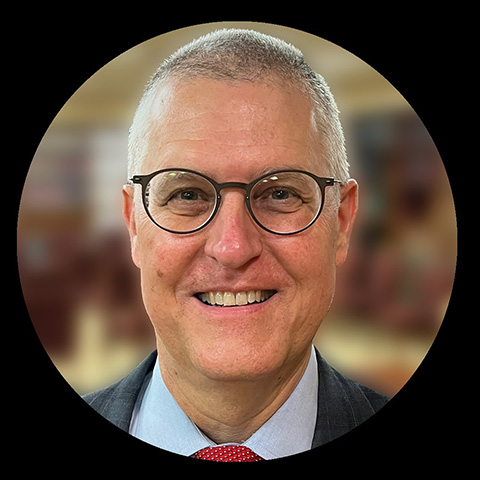
Pamela S. Karlan
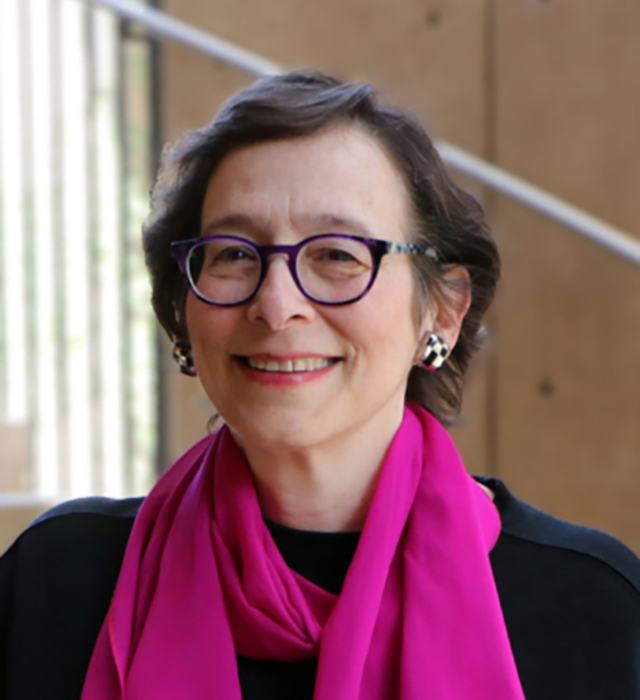
Chief Judge Jeffrey S. Sutton
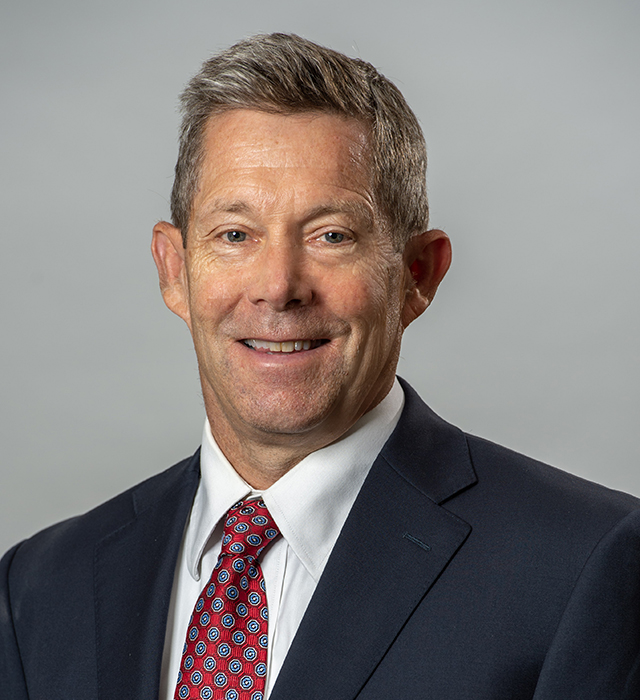
Distinguished Speaker Series 2024
Distinguished Speaker Series 2023
View photos from our 2022 event featuring Chief Judge Jeffrey S. Sutton. Pease check back for information about future upcoming programs.
Have a suggestion for a CJE course?
Distinguished Speaker Series 2022
Upcoming Programs
Question or Comment?
(in collaboration with The National Judicial College) Artificial Intelligence (AI) – previously the focus of science fiction writers – has
become a reality. Courts are now encountering incidents of AI misuse, including so-called
“hallucinations” (i.e., citation of cases that do not exist or, if they do exist,
bear no relation to the purpose for which they have been cited) and “deep fakes” which
challenge current evidentiary standards. Learn more about the Dec. 2-5, 2024 event and read the news release. Program Description The program faculty offered a foundational overview of basic neuroimaging, traced
the history of the intersection of neuroscience and the law to the present, explored
the evidentiary and ethical gatekeeping concerns that arise when neuroscience enters
the courtroom, and examined, as a case-in-point, how neuroscience is currently influencing
criminal sentencing. The program faculty, with Brad Snyder’s book Democratic Justice as a backdrop, explored
Justice Felix Frankfurter’s remarkable rise from immigrant origins, his legacy of
public service, his influence as a Harvard Law Professor with an eye for spotting
and developing legal talent, his skepticism about the Supreme Court, and his belief
in judicial restraint. (in conjunction with AOPC) Program Faculty The plenary session speaker spoke about the ethics of legal story-telling as a legally-trained
author with abiding respect for the judiciary. (in conjunction with AOPC) Program Faculty Program Description The program faculty examined the legal landscape of student speech with all of its
nested concerns (i.e., true threat, substantial disruption, extension of disciplinary
authority, etc.) and assisted judges in understanding the technology used by modern
students to communicate and the impact of COVID-19 on student psychology. (Two-part program in conjunction with AOPC) Program Faculty The program faculty explored emerging legal issues involving social media generally
as well as social media saturation as a specific “case-in-point” related to change
of venue motions, exploring subtopics including the phenomenon of using social media
as primary news source, the mechanisms by which social media proliferates, and the
impact of social media on human communication. (in partnership with The Institutes Griffith Foundation and in conjunction with AOPC) The program faculty explored the underpinnings of the insurance industry, the social
utility of insurance as a product, and the growing concern with “social inflation.” (in conjunction with AOPC) The program faculty reviewed the state of COVID-related insurance litigation across
the nation and in Pennsylvania, addressing key issues and federalism concerns. (Two-part program in conjunction with AOPC) The program faculty identified examples of deepfake and cheapfake spotted in the courtroom,
reviewed the basic technology, addressed concerns with the authentication of digital
evidence that may be “fake,” including the use of experts and the problem of the “liar’s
dividend,” and explored the larger deepfake landscape, including its impact on numerous
substantive areas of law, related legislative activity, ethical issues for judges
and lawyers, and national security concerns. Selected Past Programs
Artificial Intelligence for Judges and Lawyers: A Comprehensive Course
Program Description
Neurolaw in the Courtroom
(Two-part program in conjunction with AOPC)
Program Faculty
Book Talk with Author Brad Snyder – Democratic Justice: Felix Frankfurter, the Supreme Court, and the Making of the Liberal
Establishment
Program Faculty
Program Description
The Ethics of Legal Storytelling
Program Description
Student Speech in the COVID Era: A Shifting Landscape?
Social Media Infiltration: Investigating “Change of Venue” as a Case-in-Point
Program Description
Insurance Insights for Judges: Exploring the Social Utility of Insurance and the “Social
Inflation” Concern
Program Faculty
Program Description
Insurance Issues in the COVID Era: A Review of Caselaw in Pennsylvania & Nationwide
Program Faculty
Program Description
Deepfake Audio & Video: Exploring Concerns for the Courtroom
Program Faculty
Program Description


